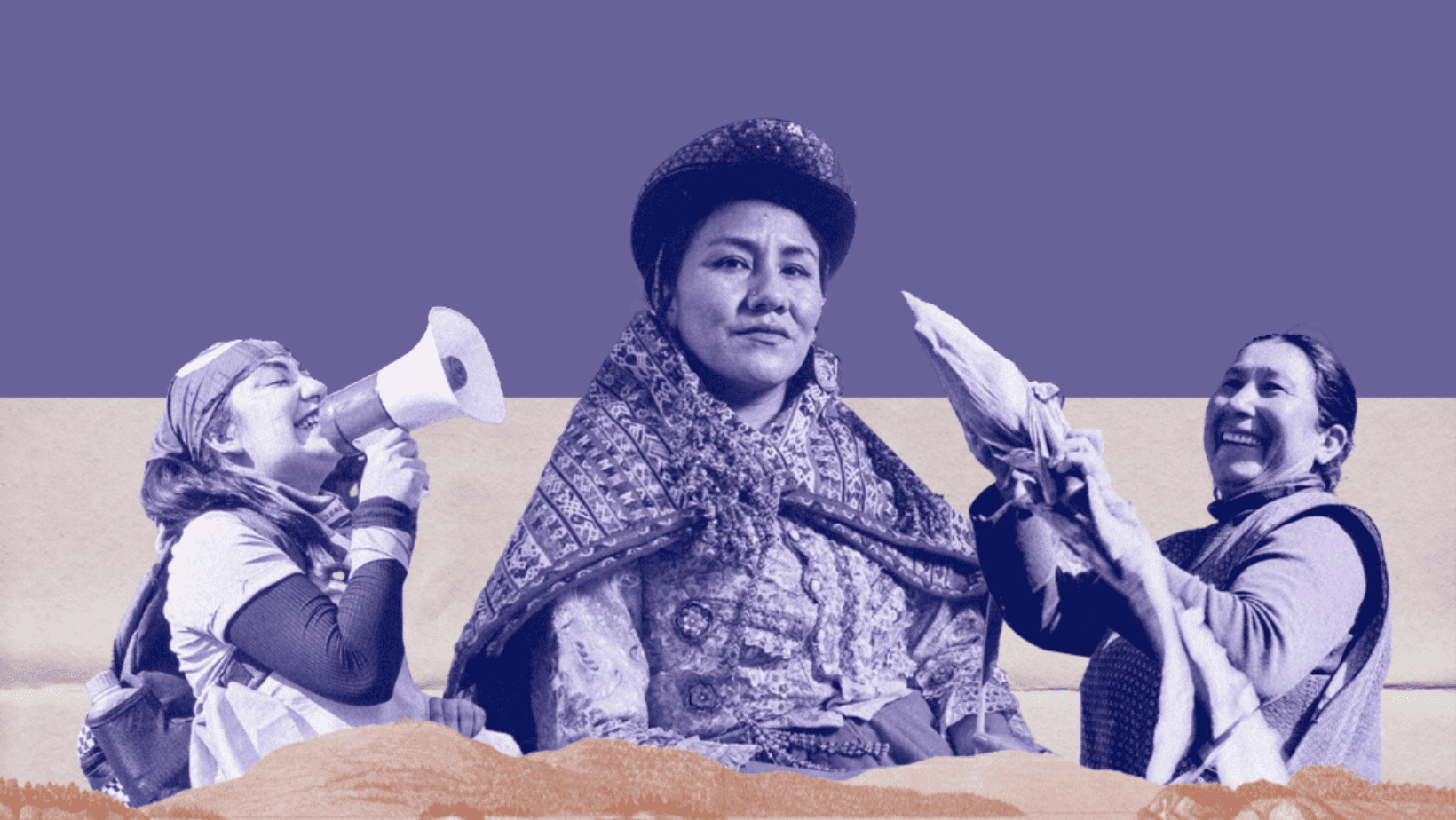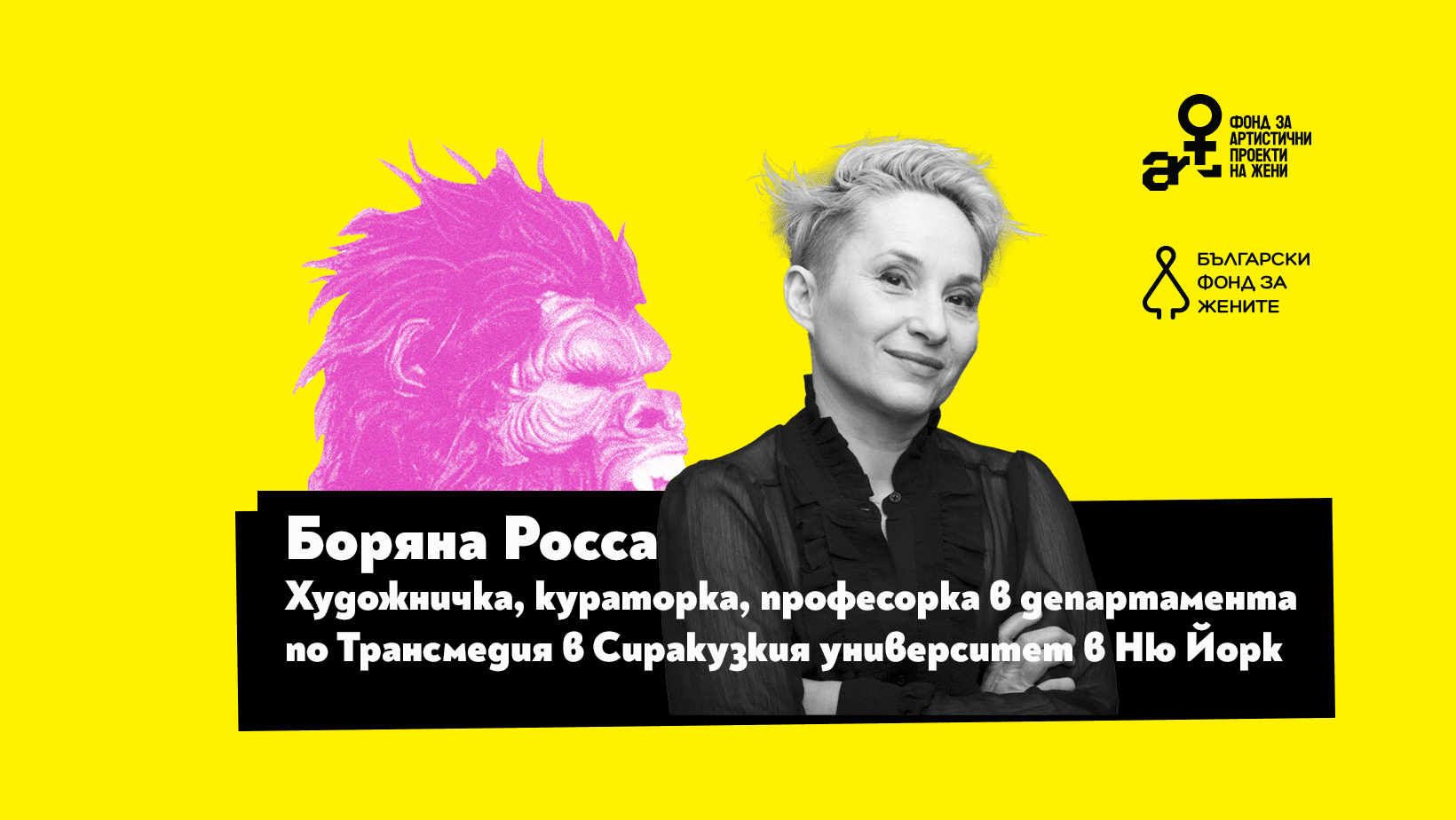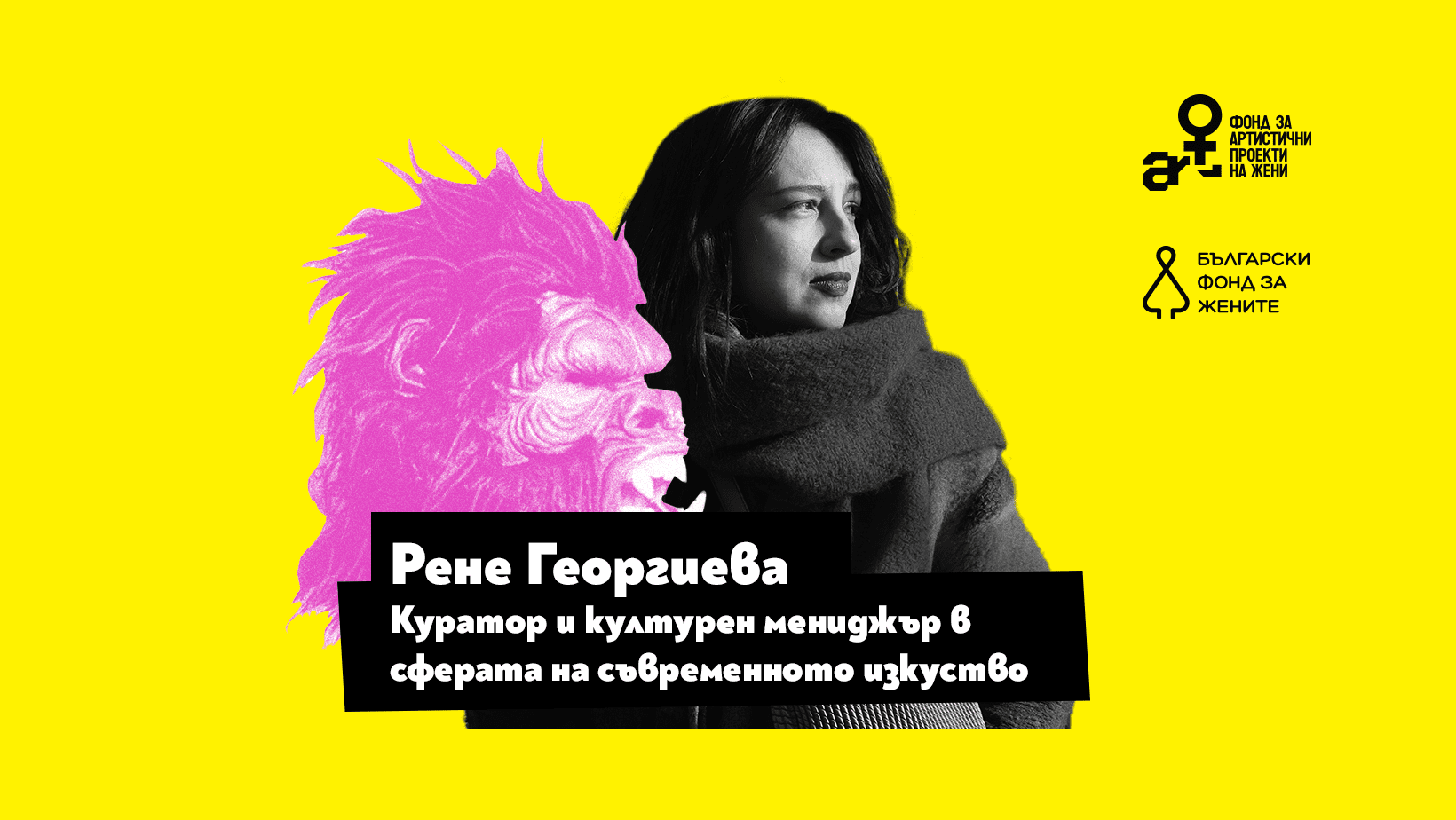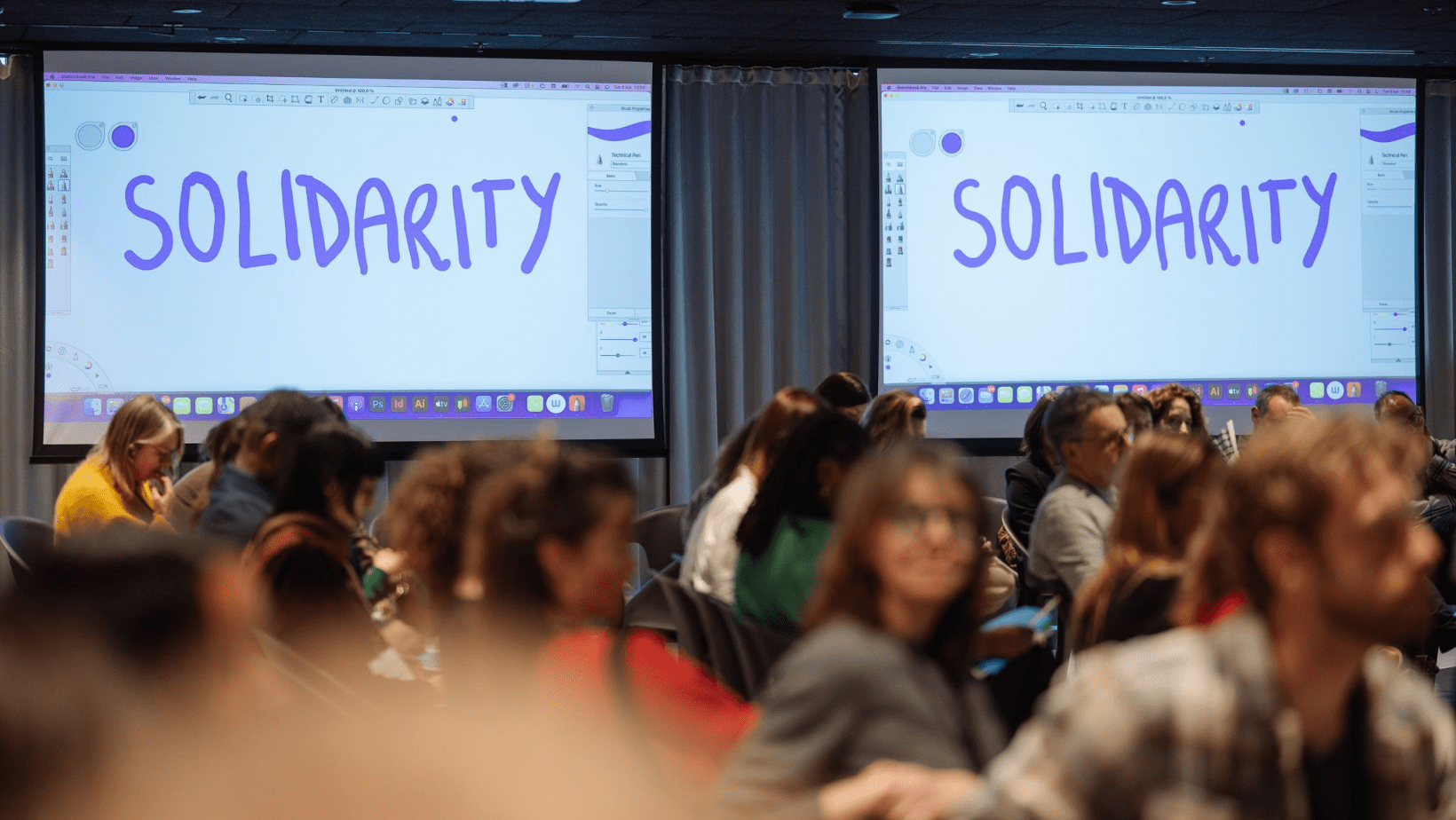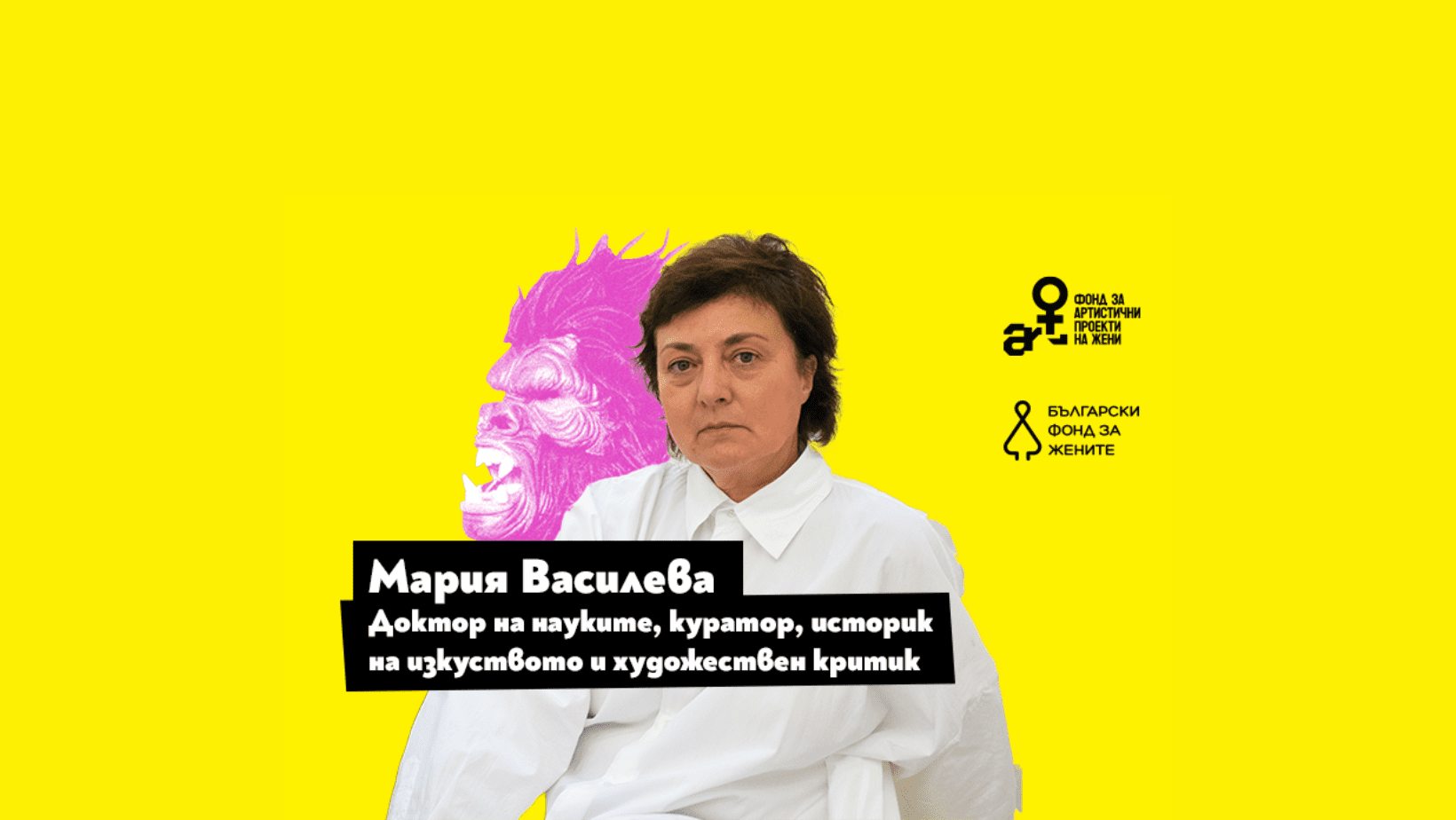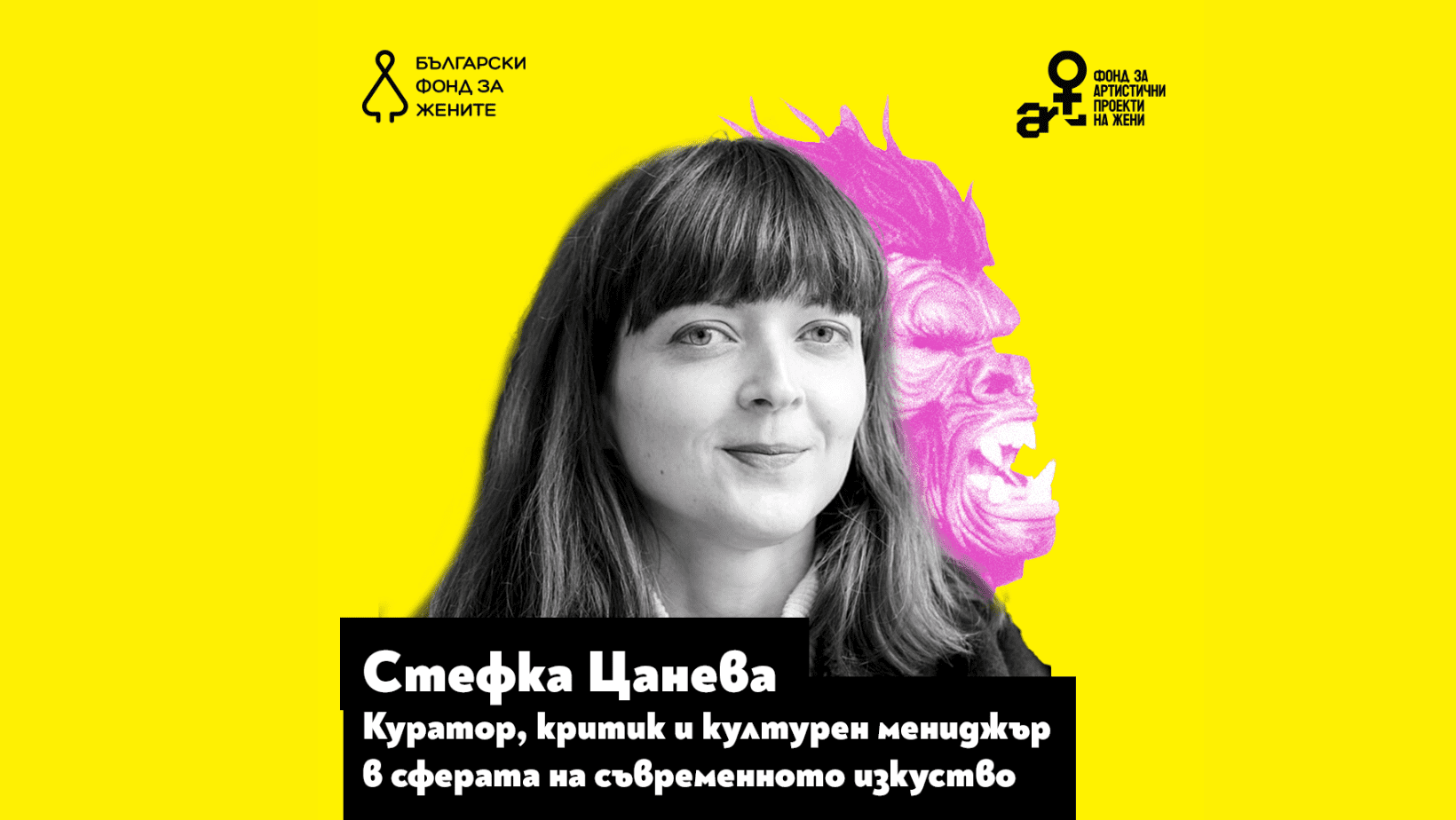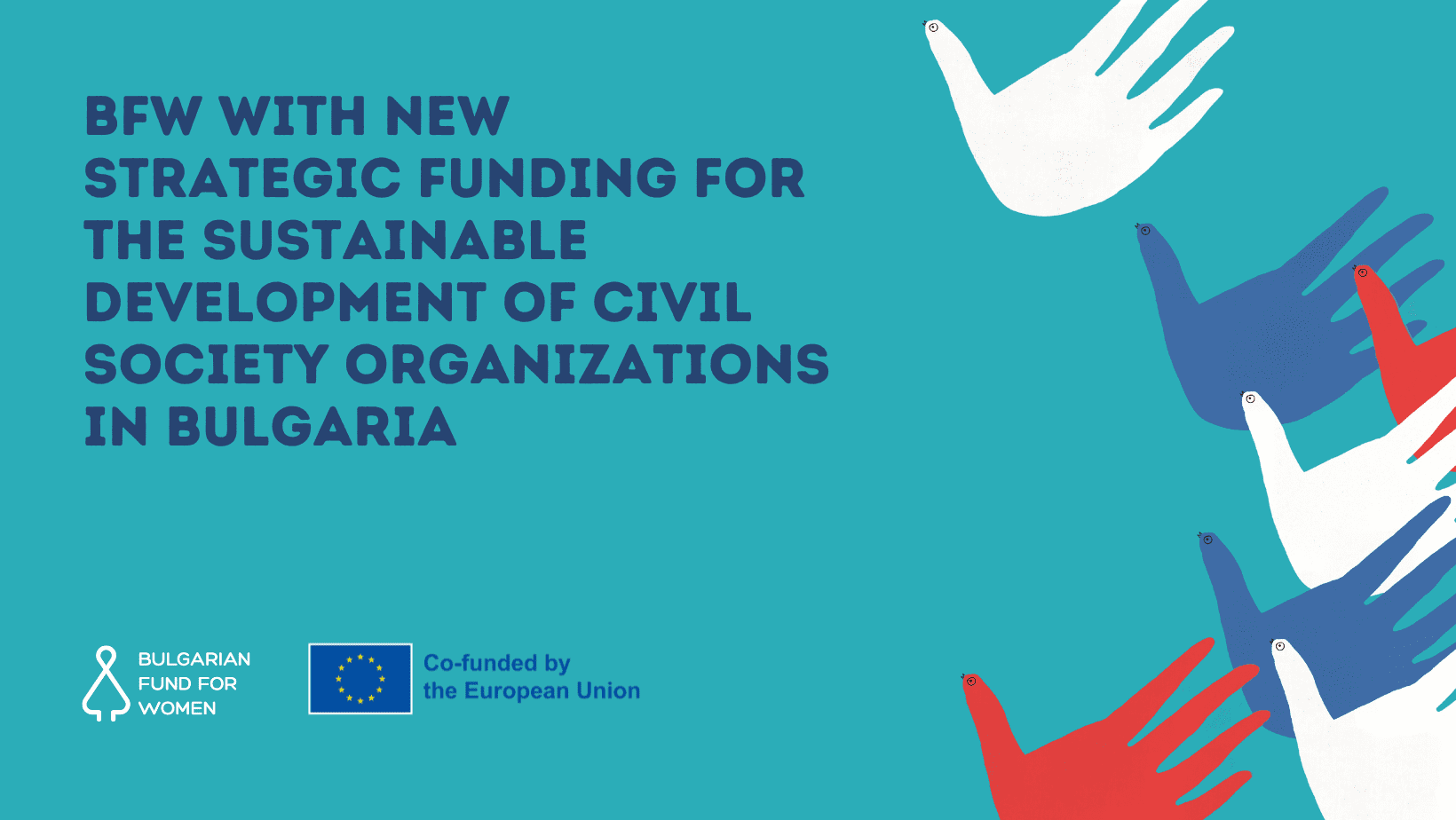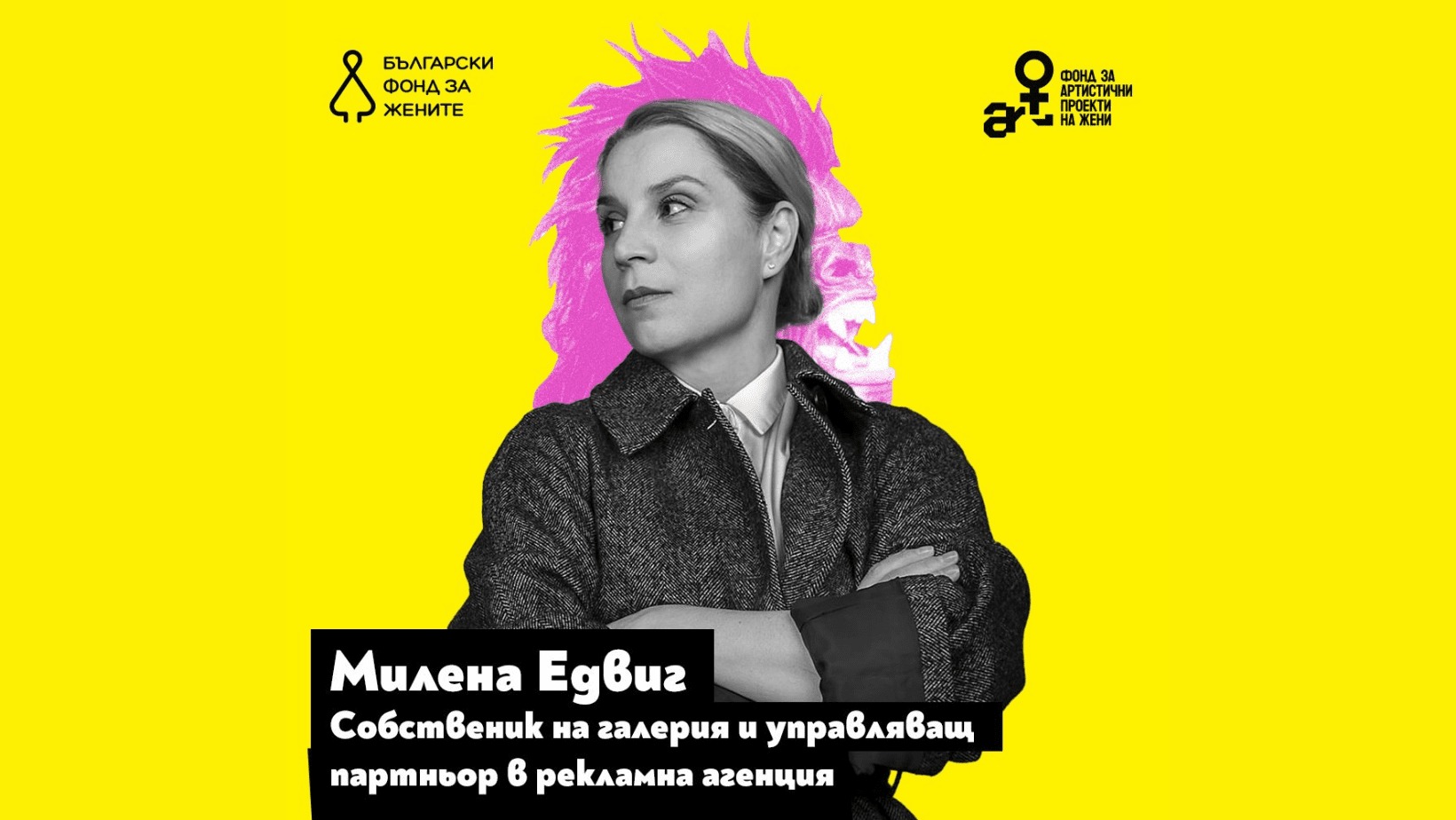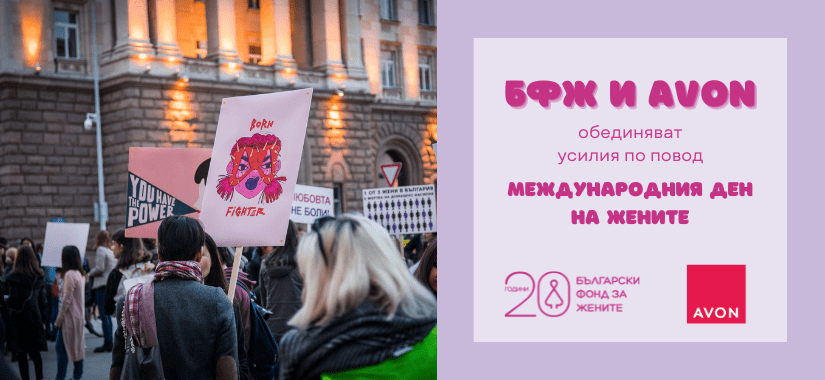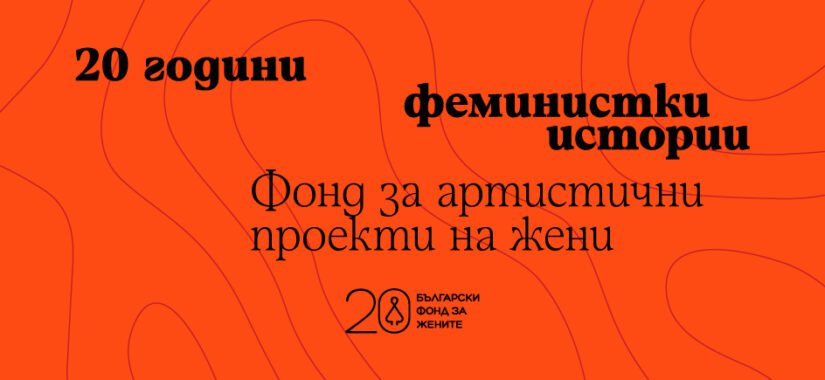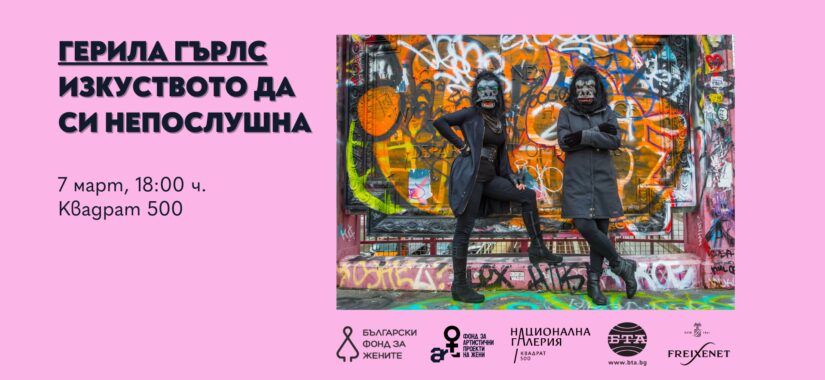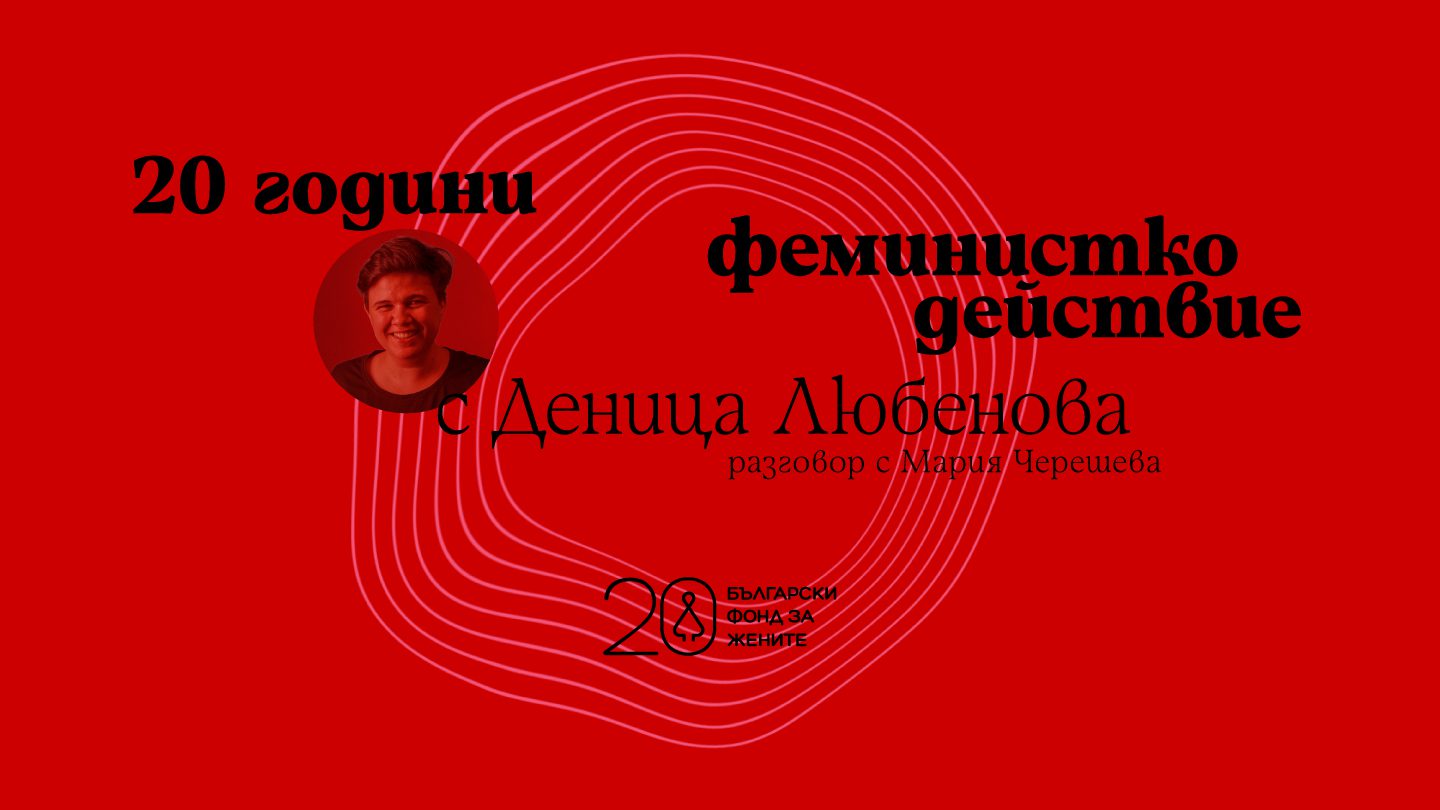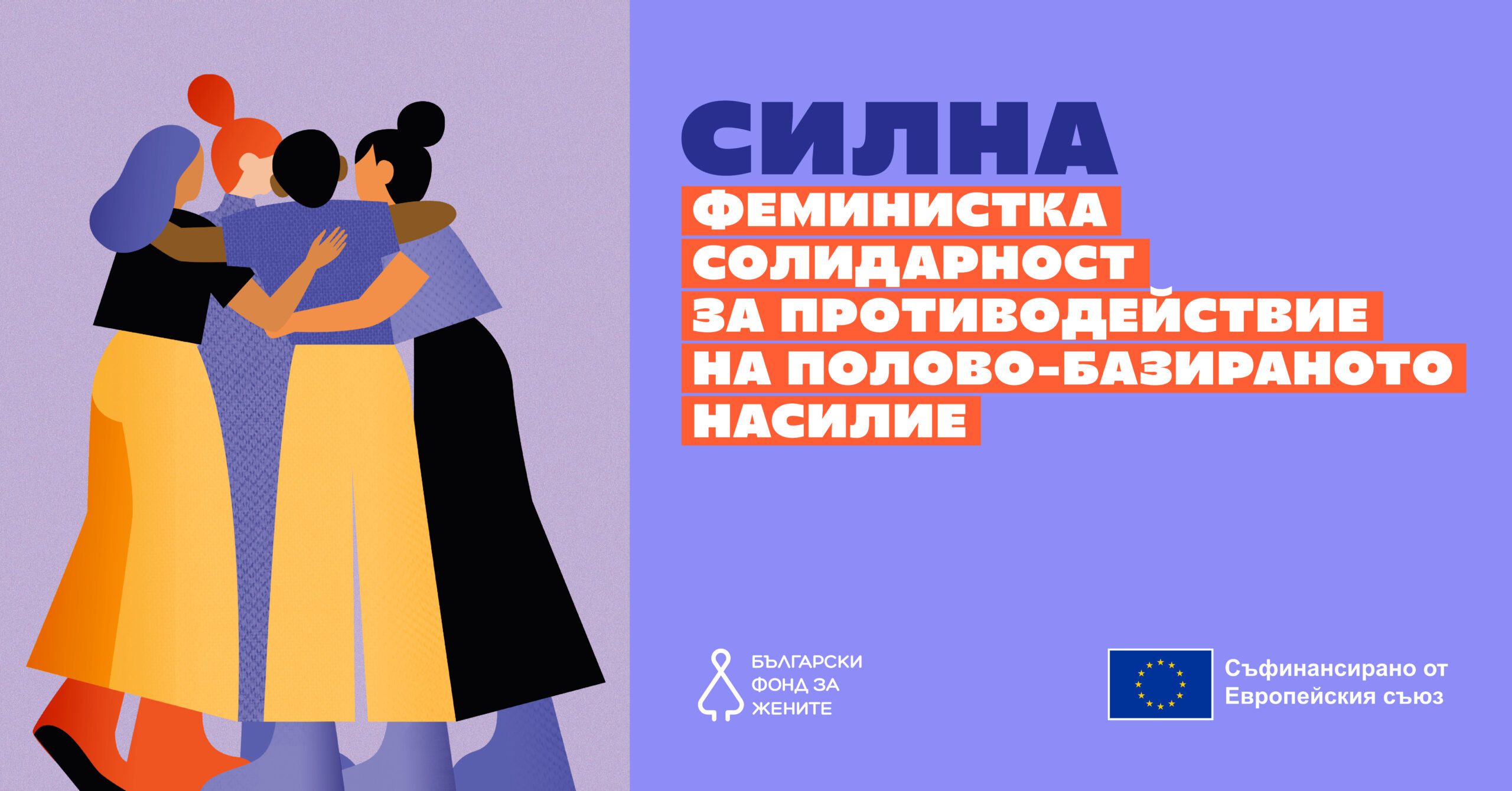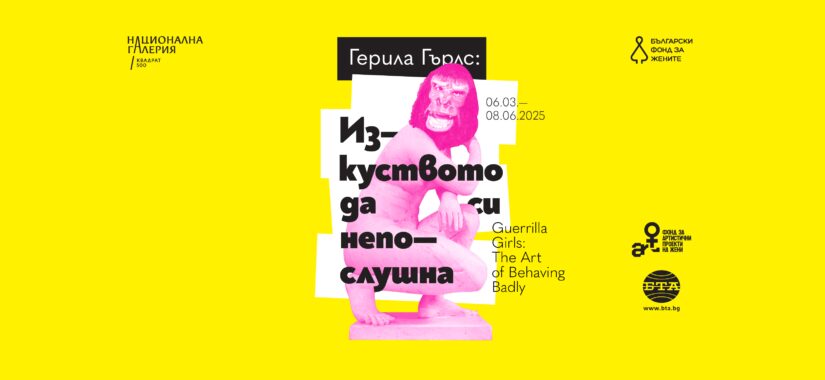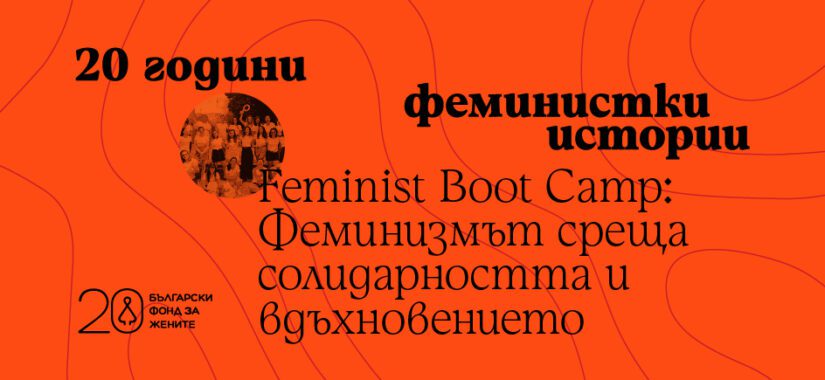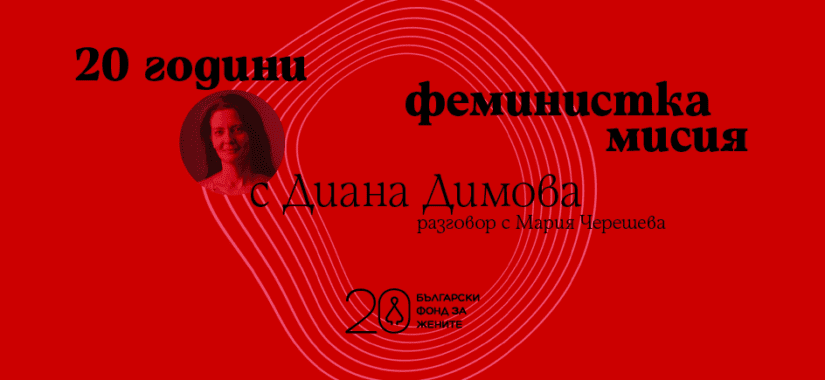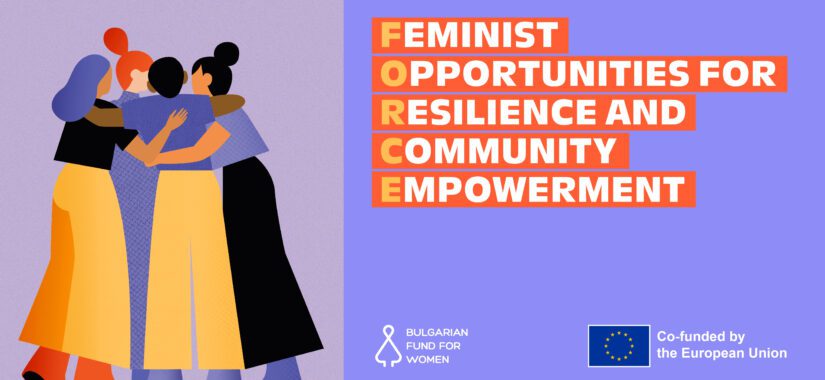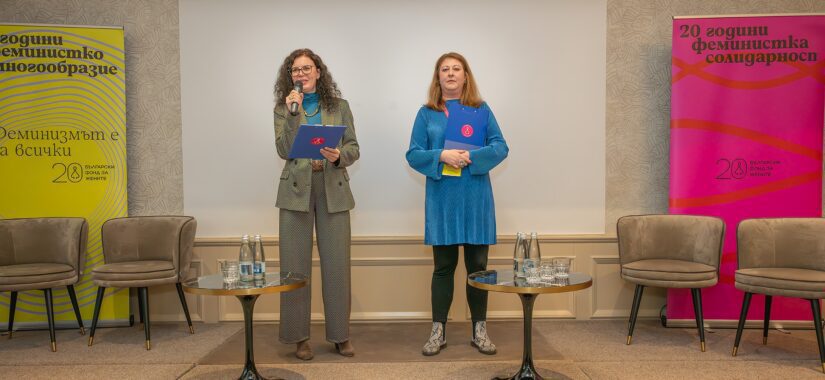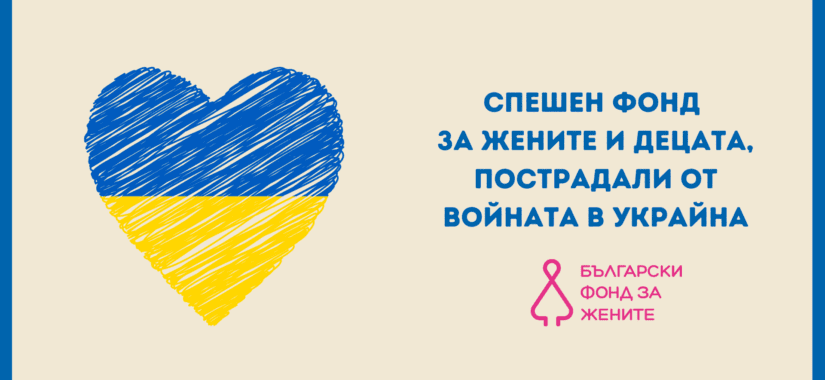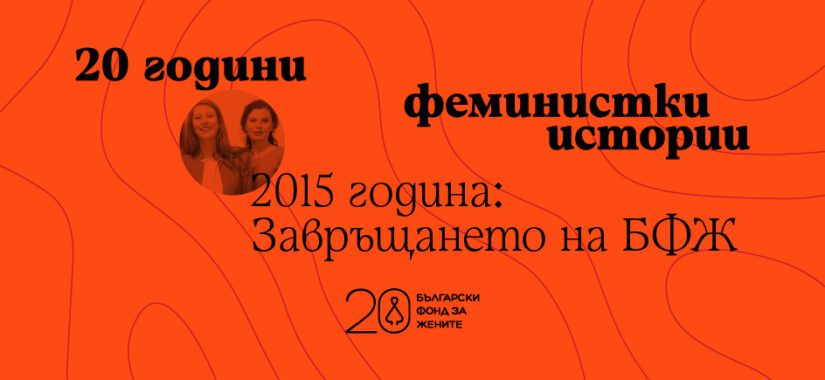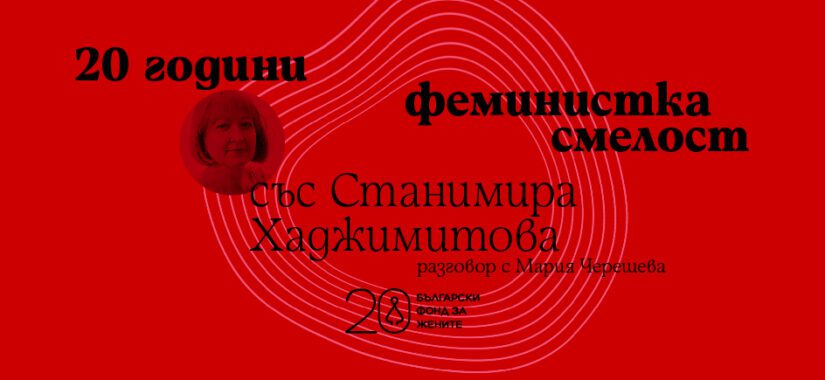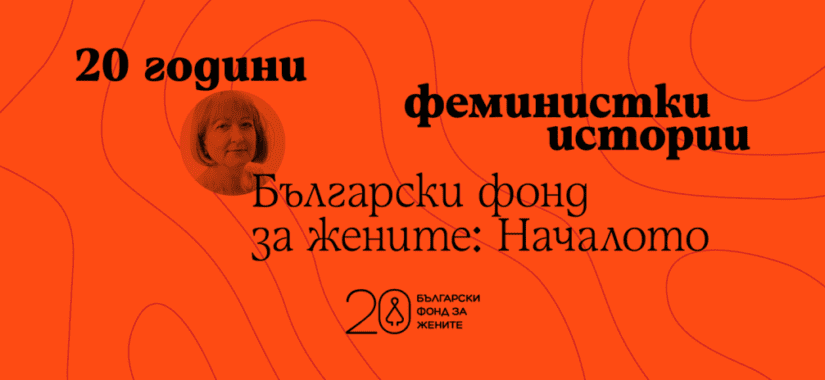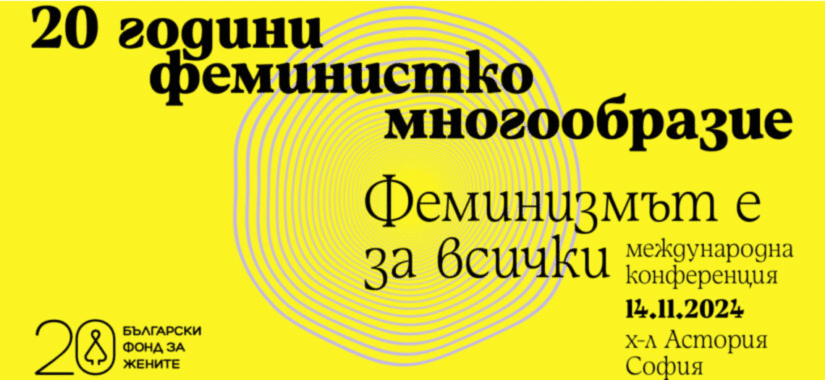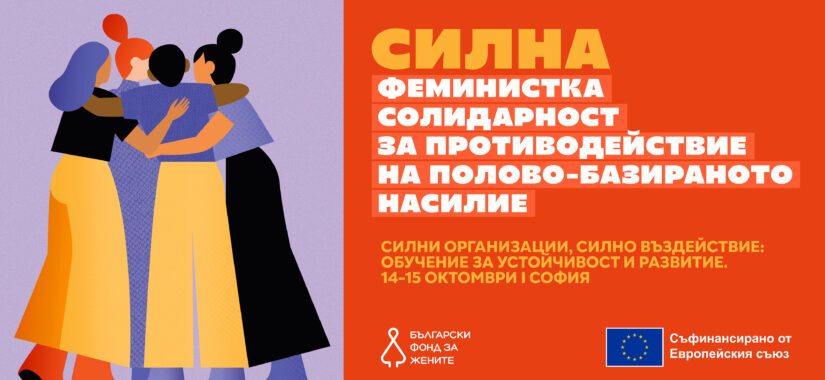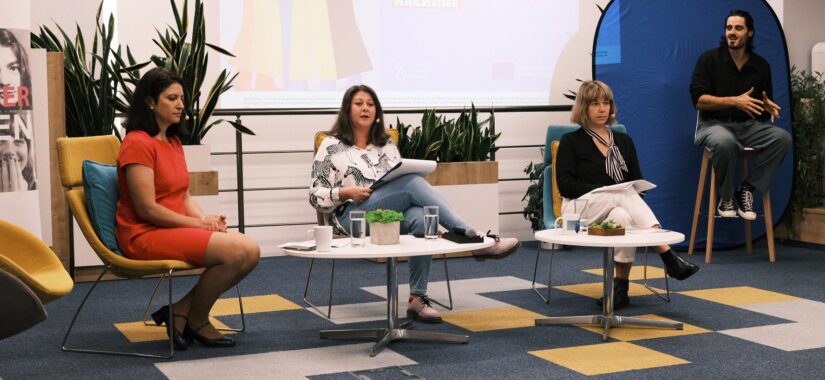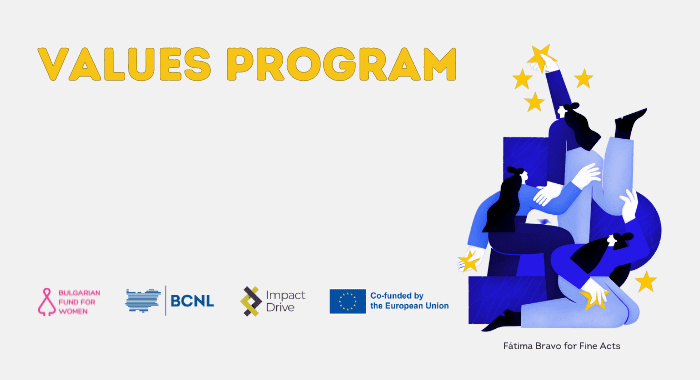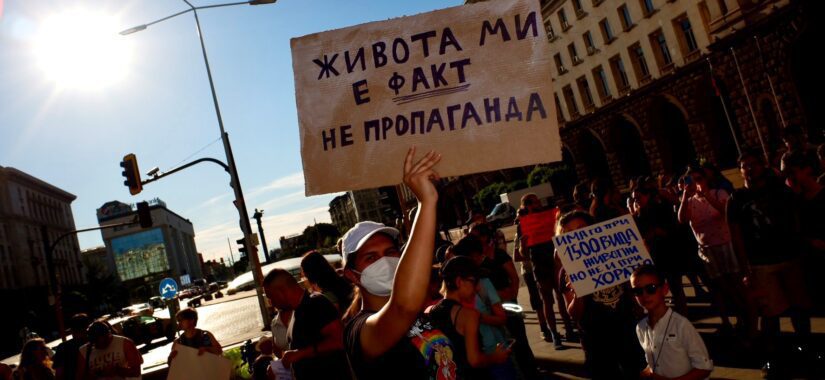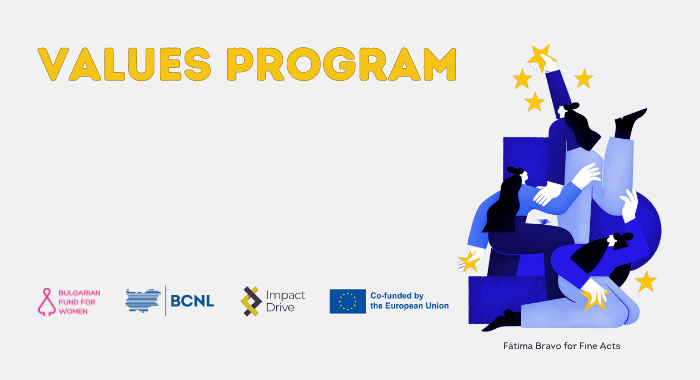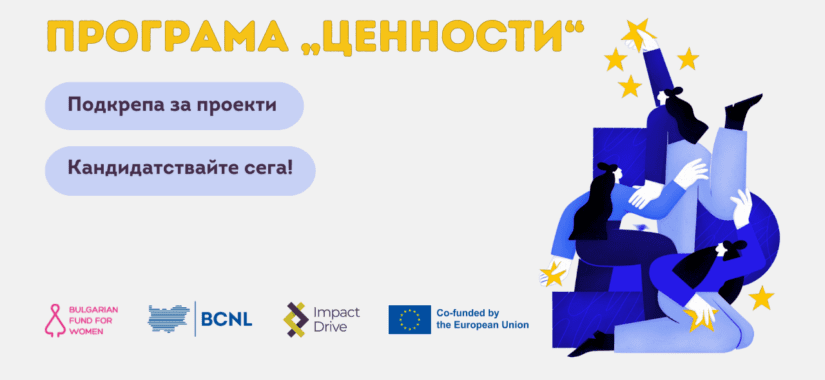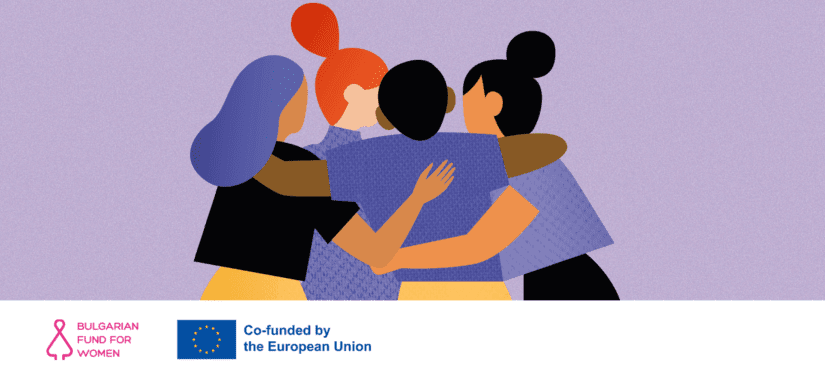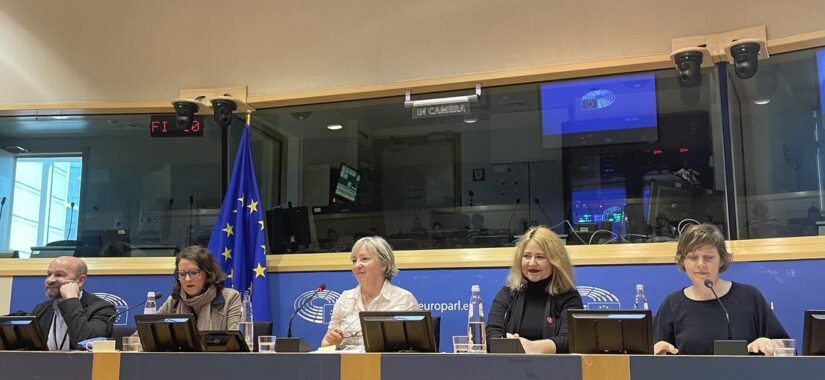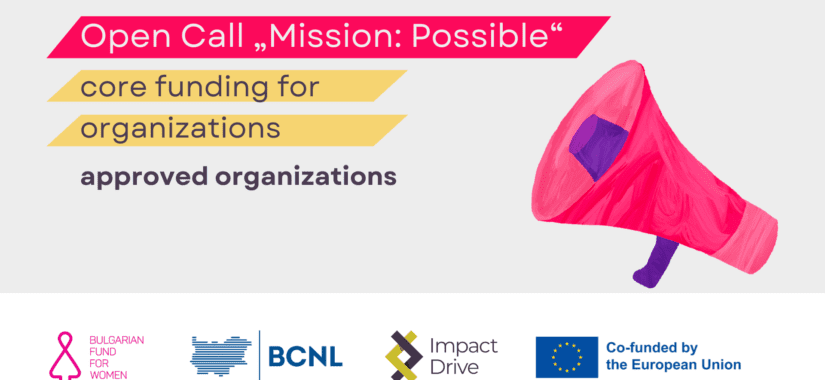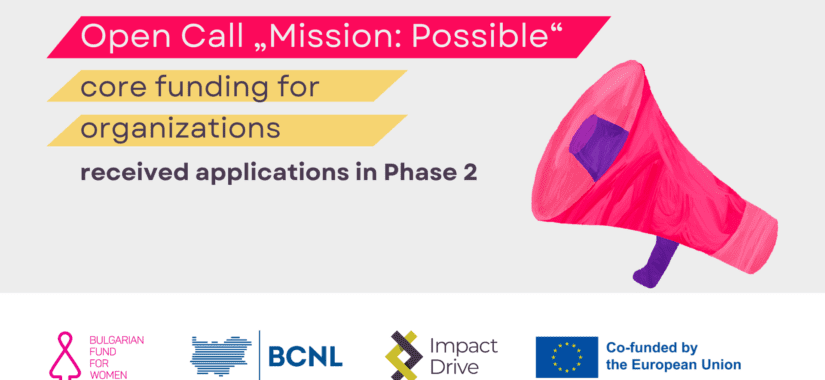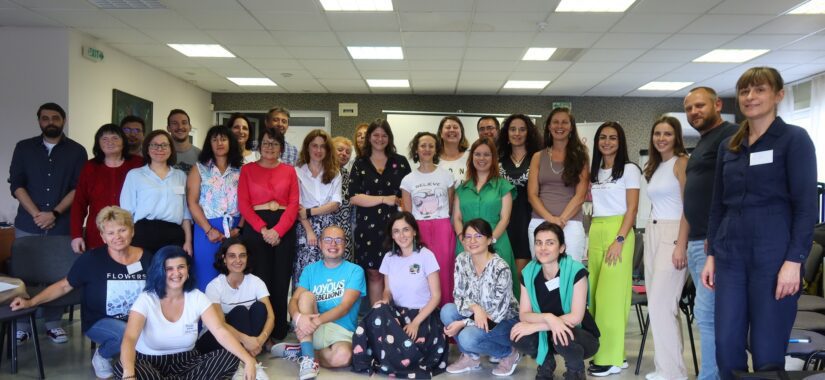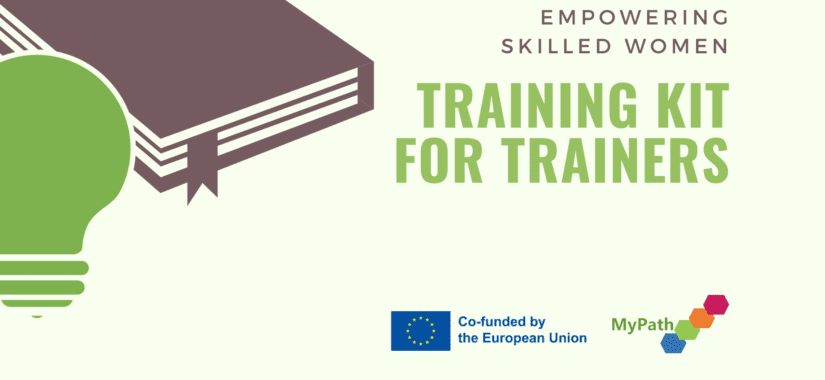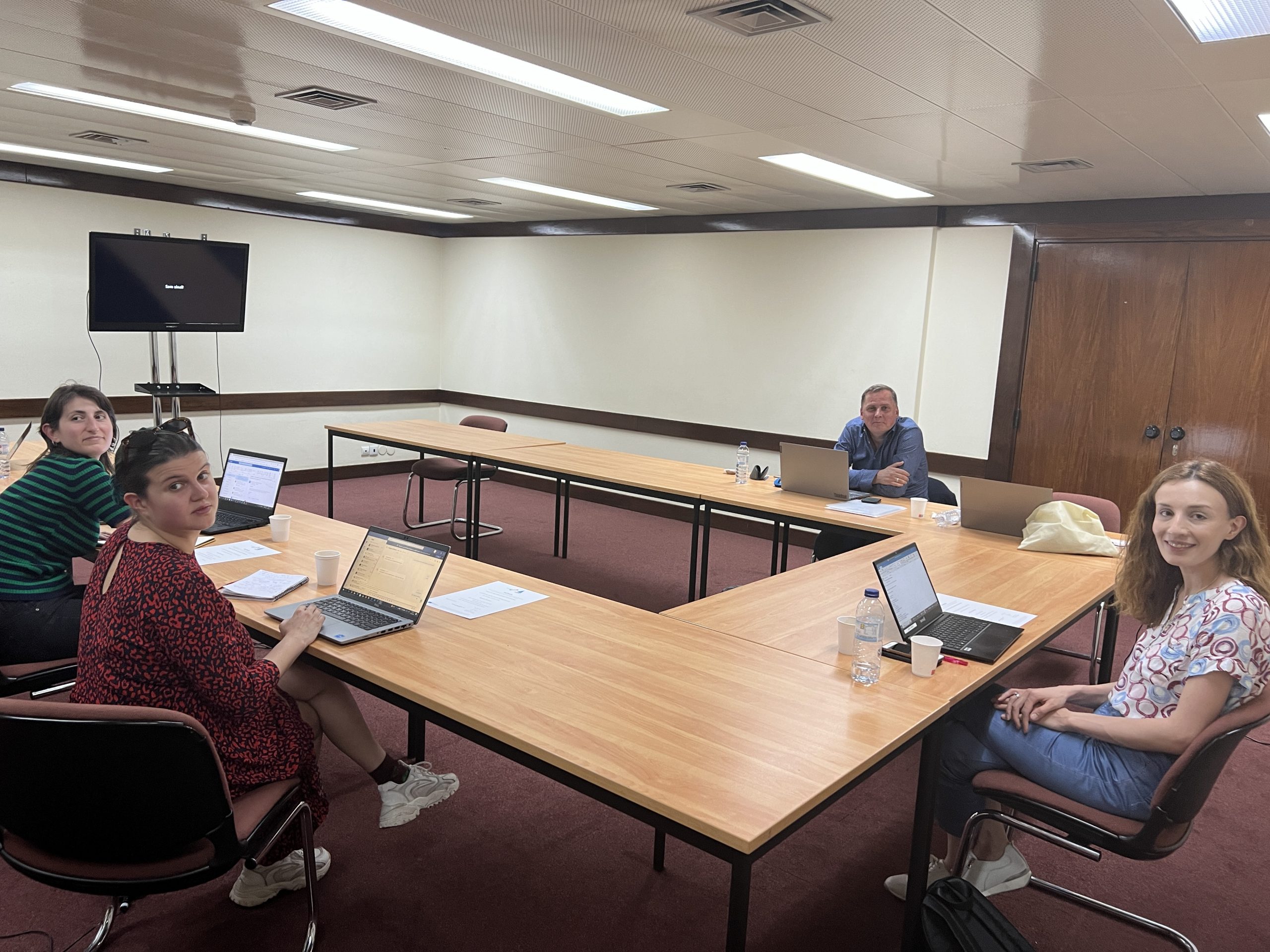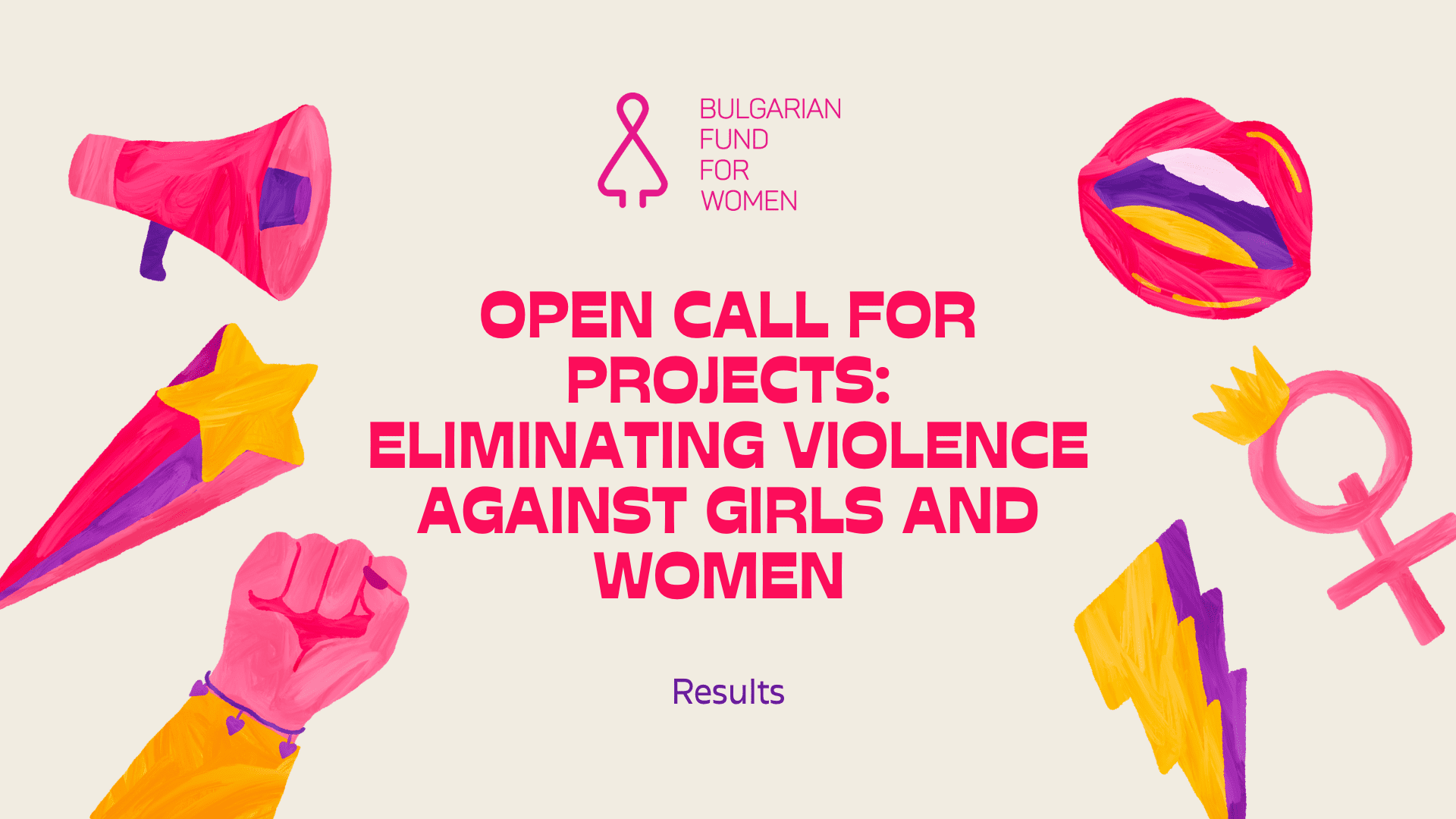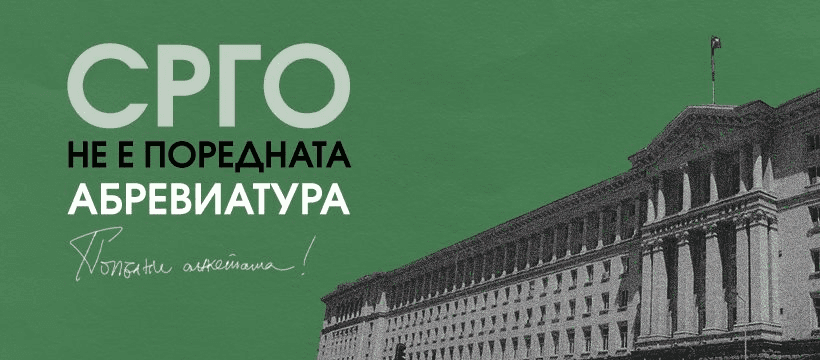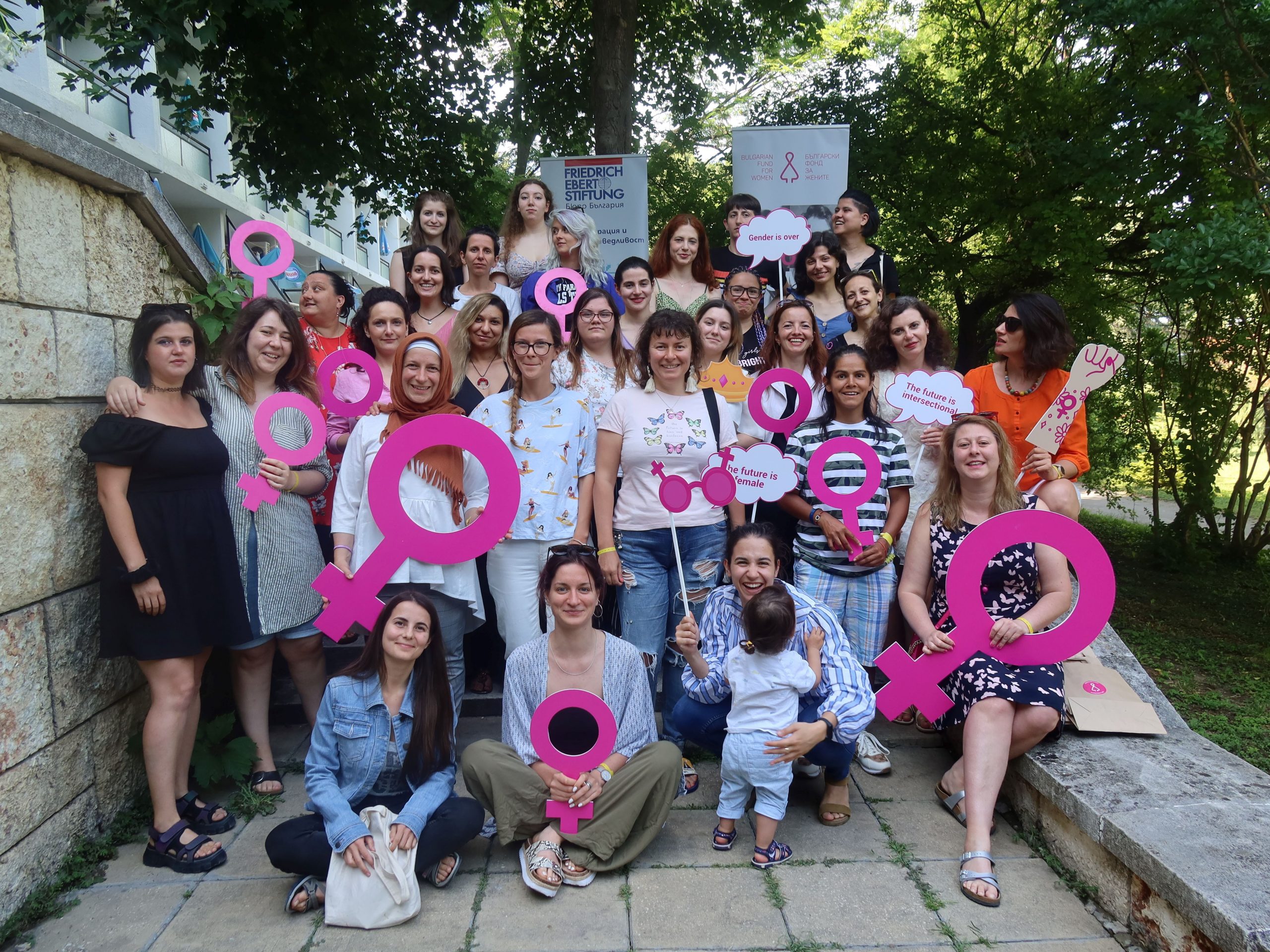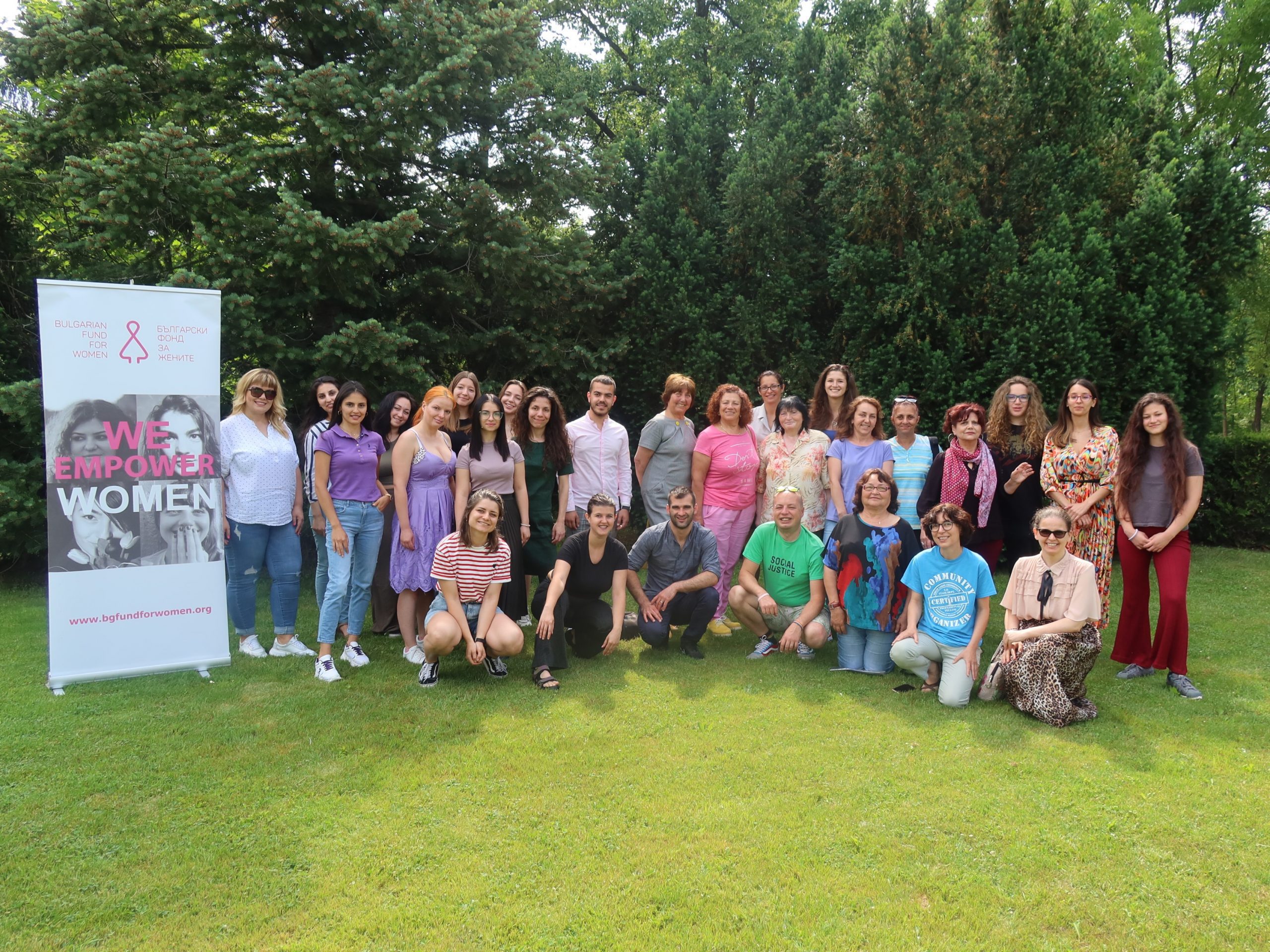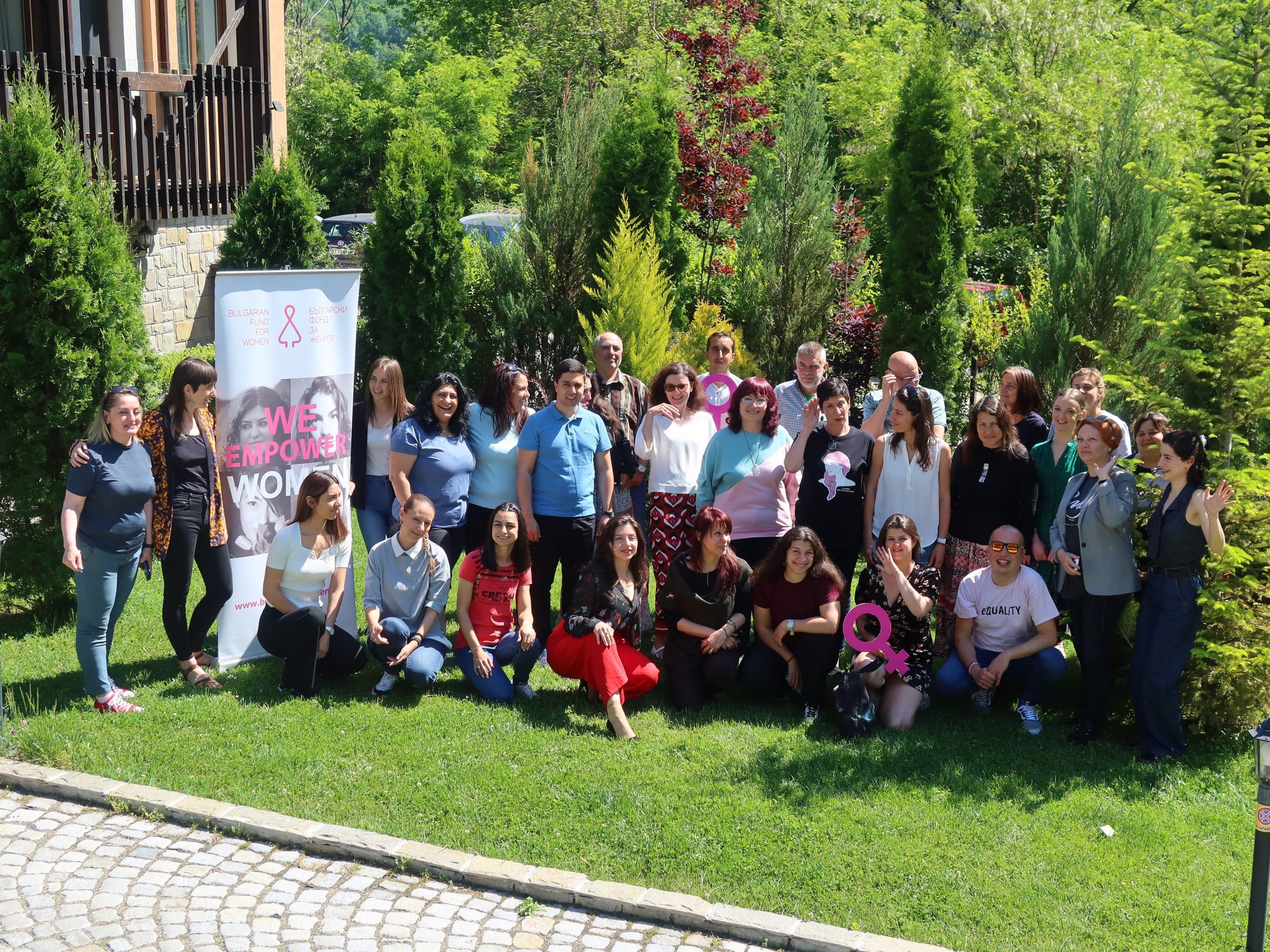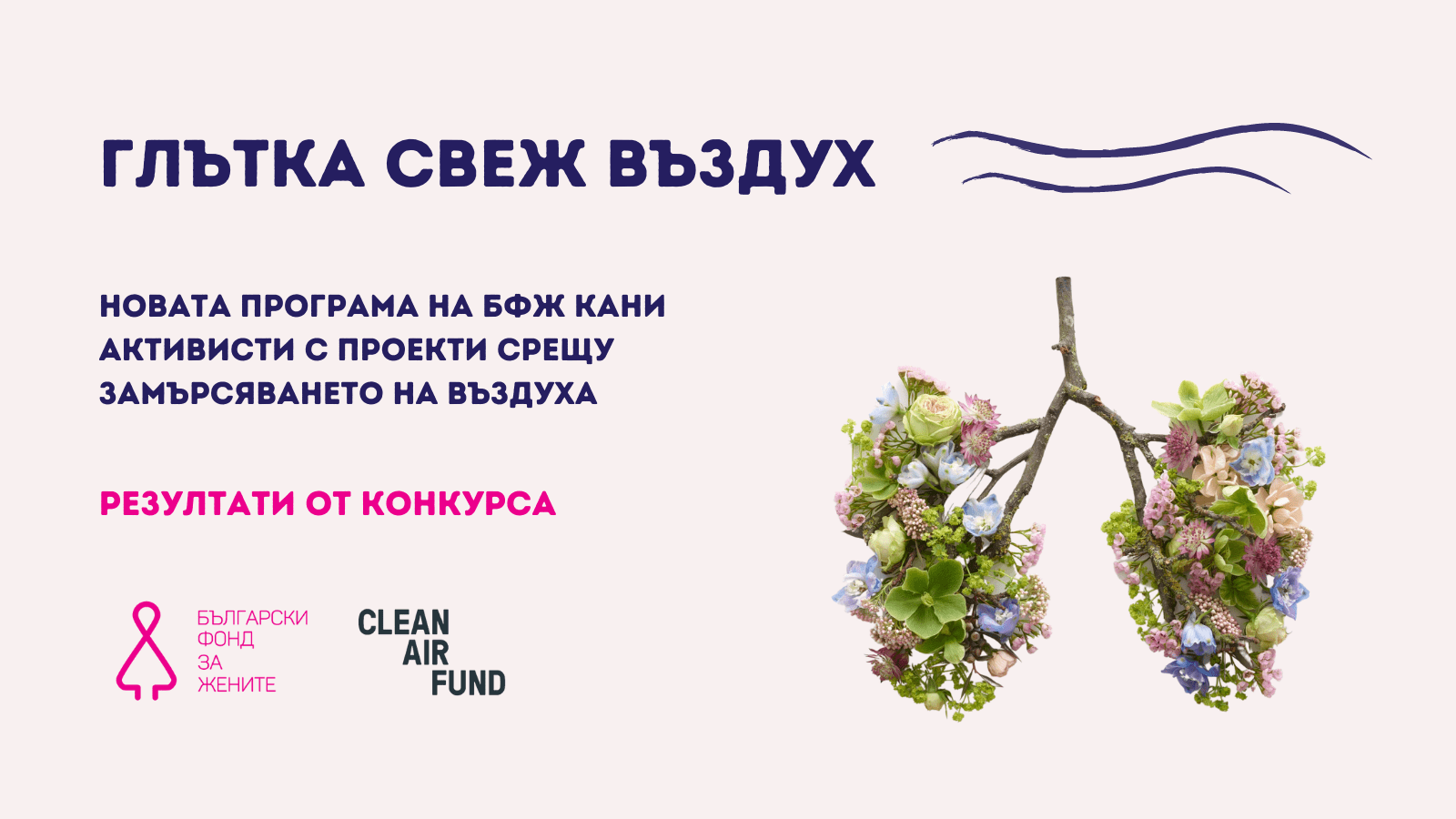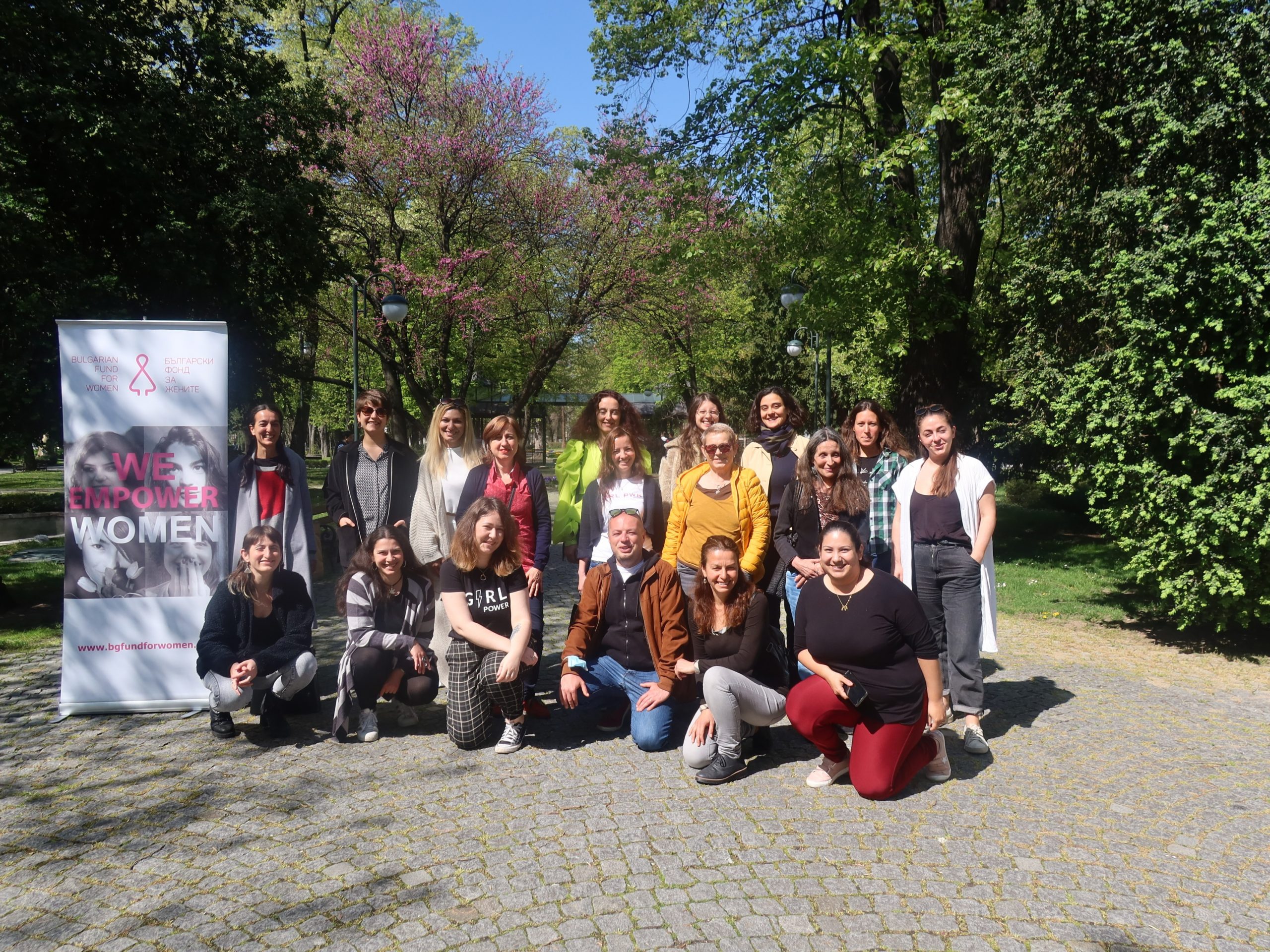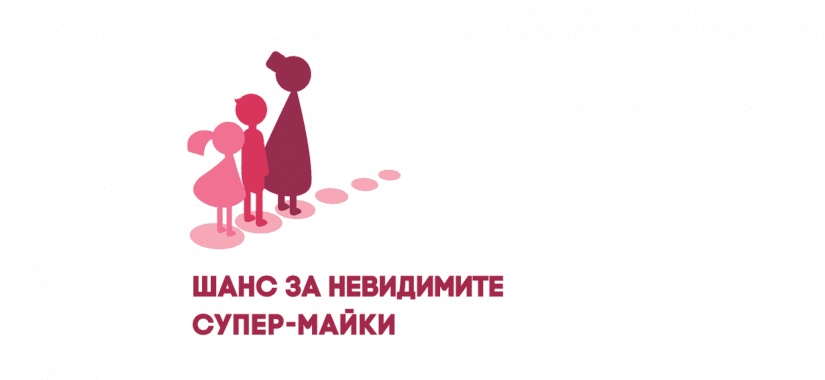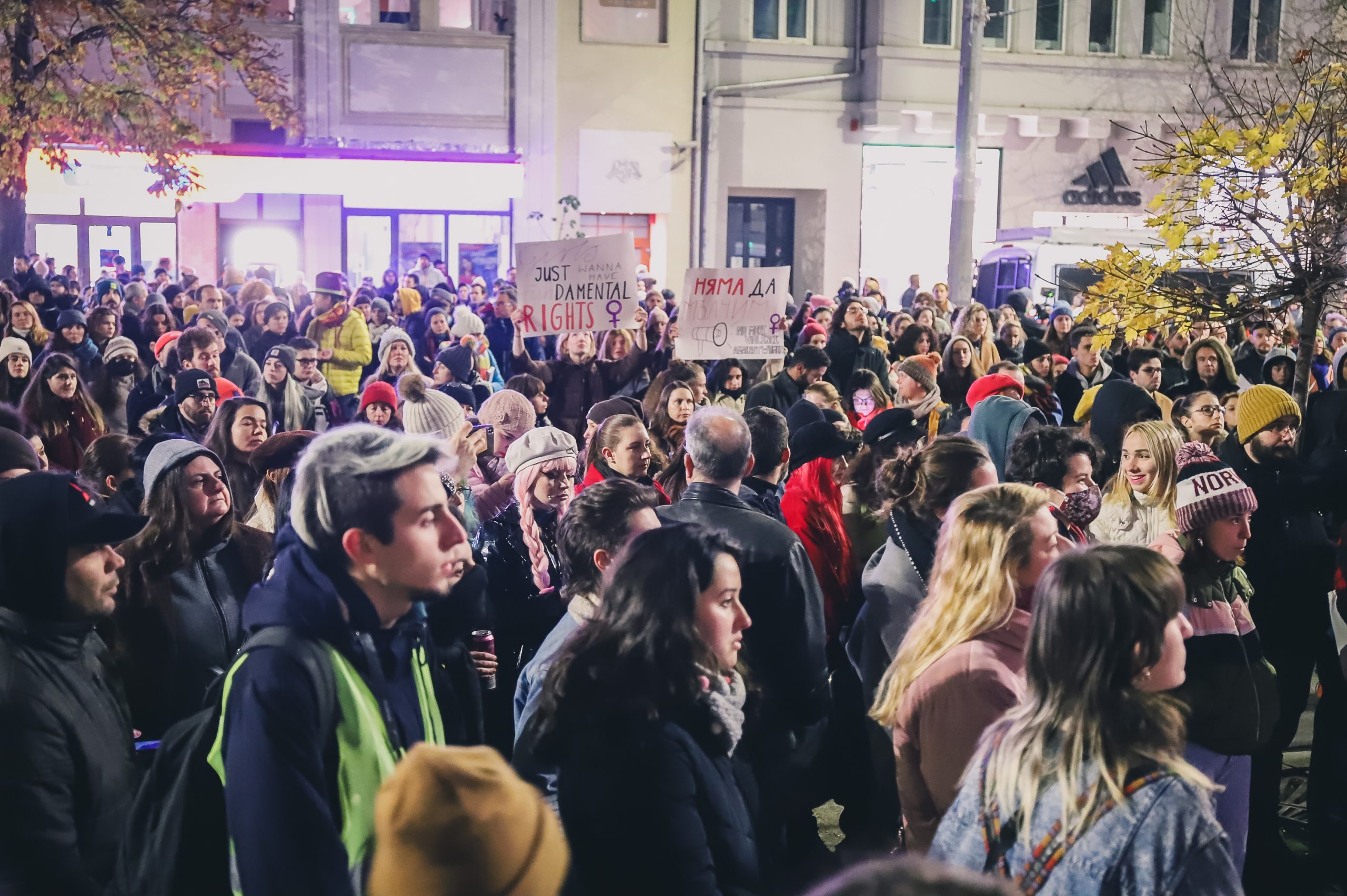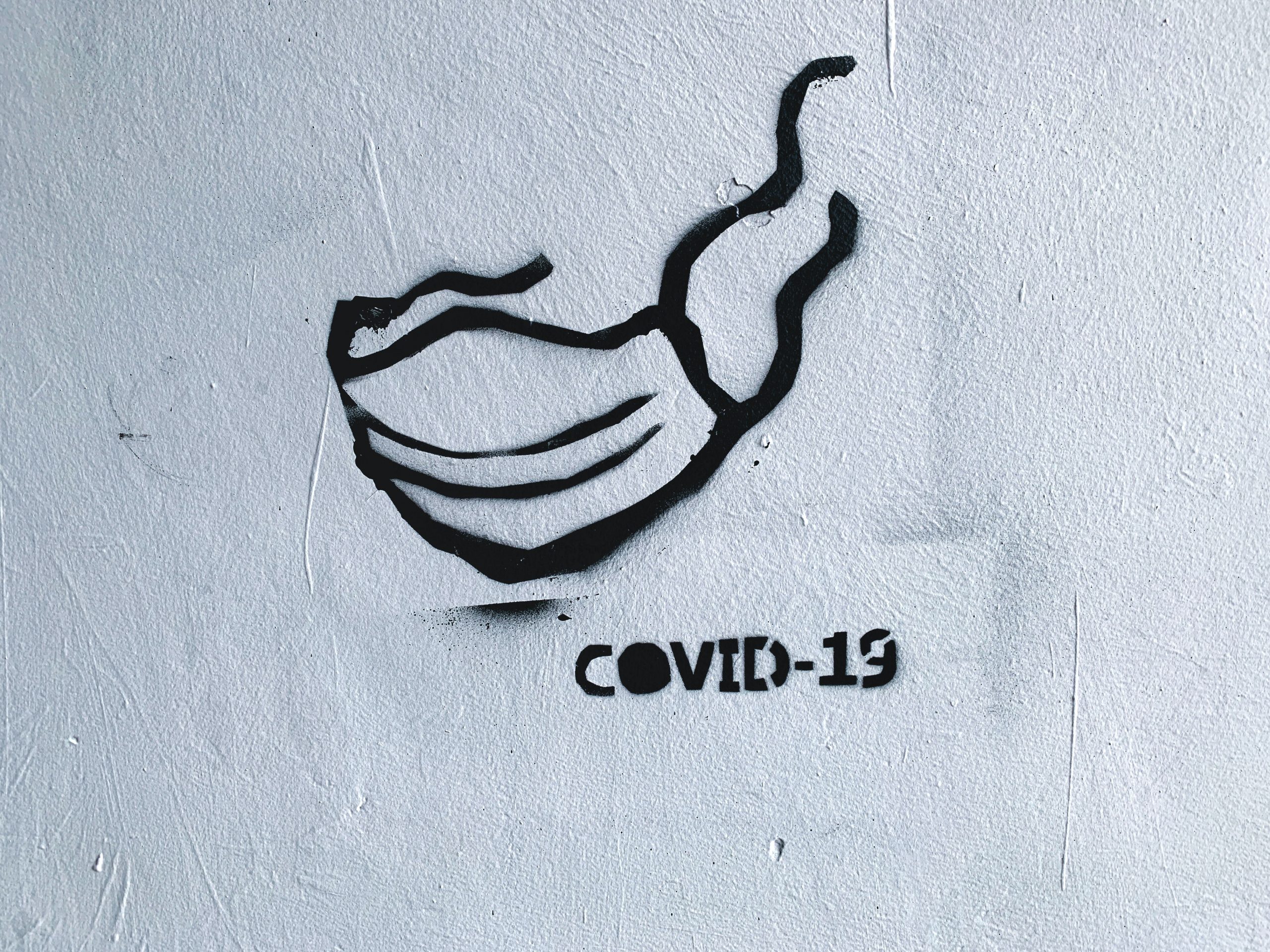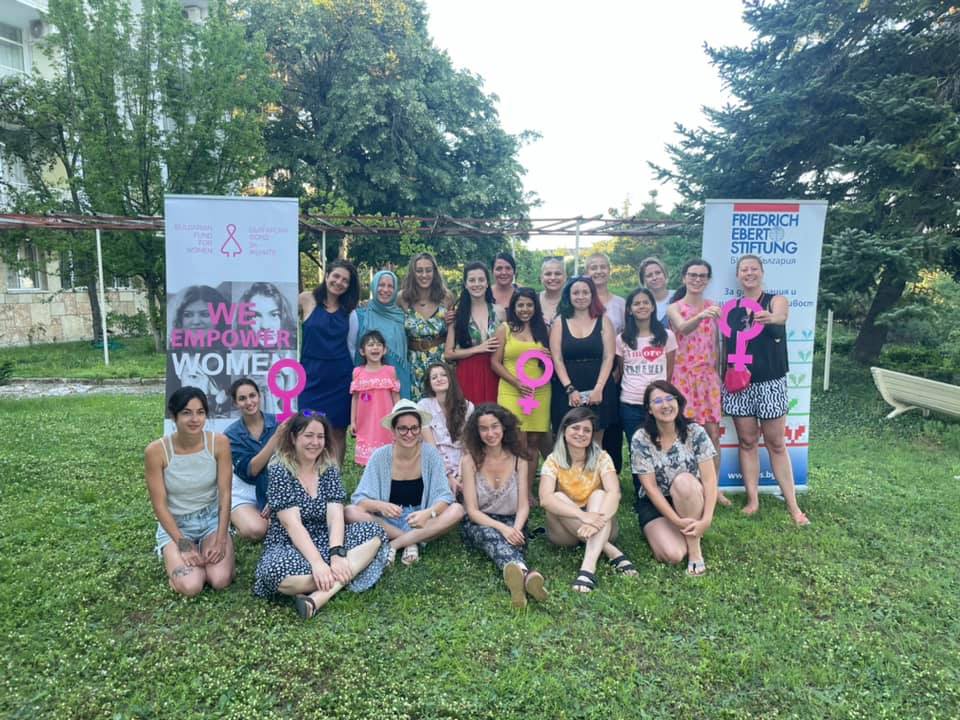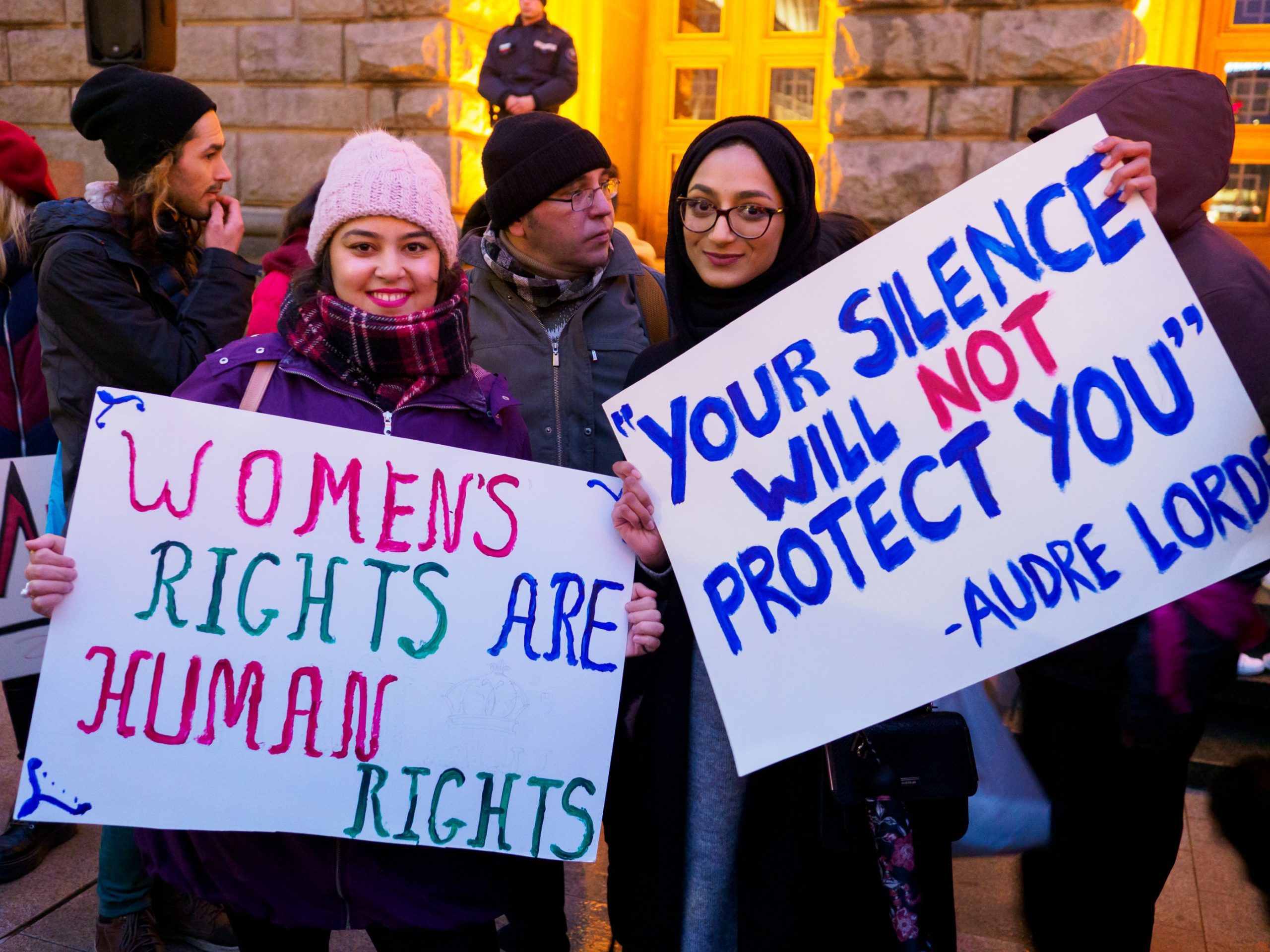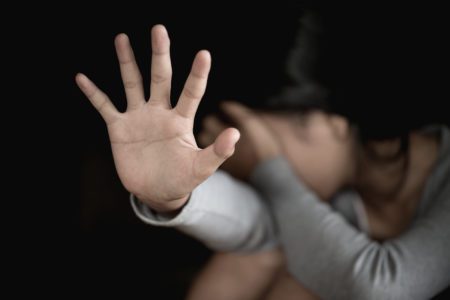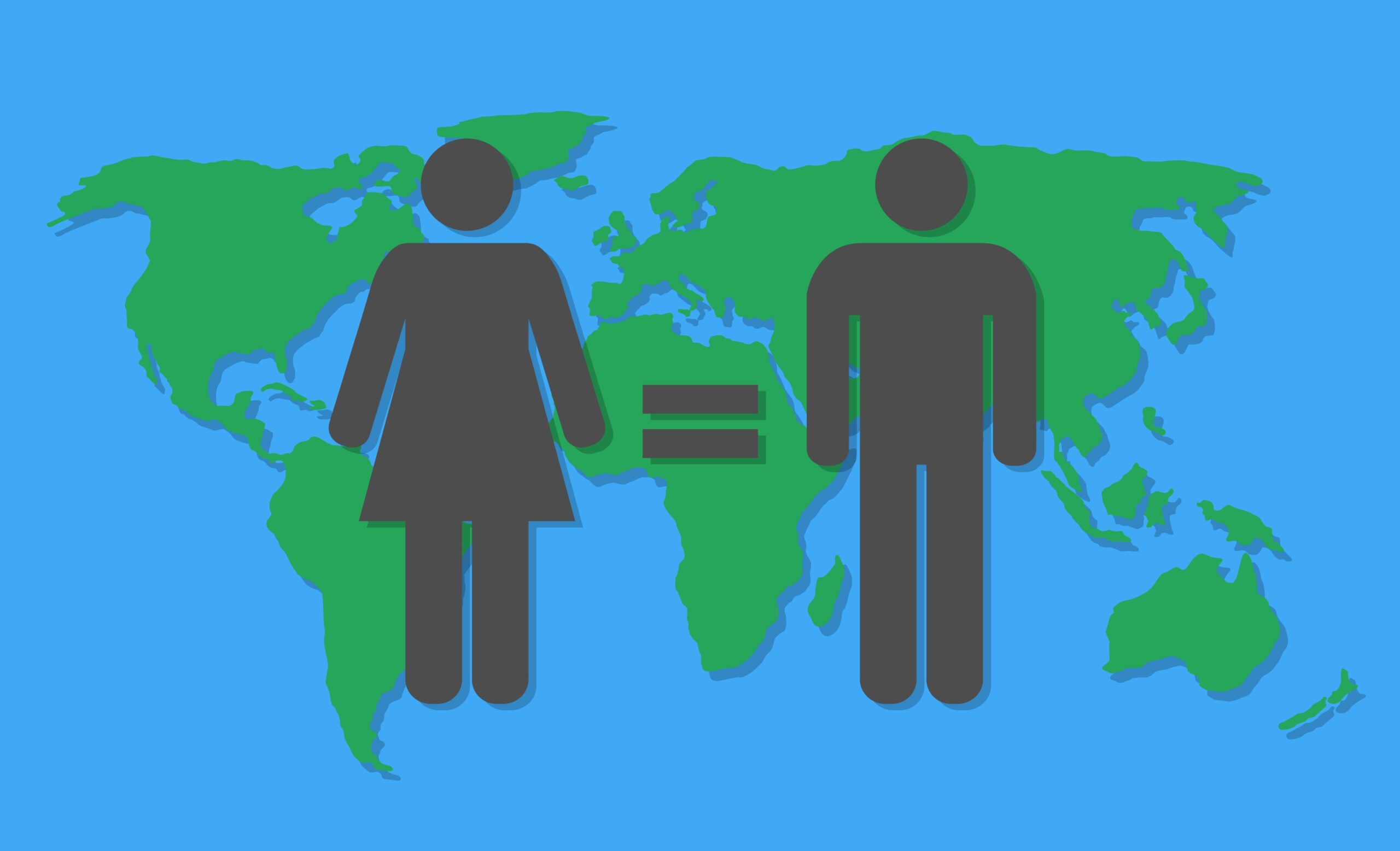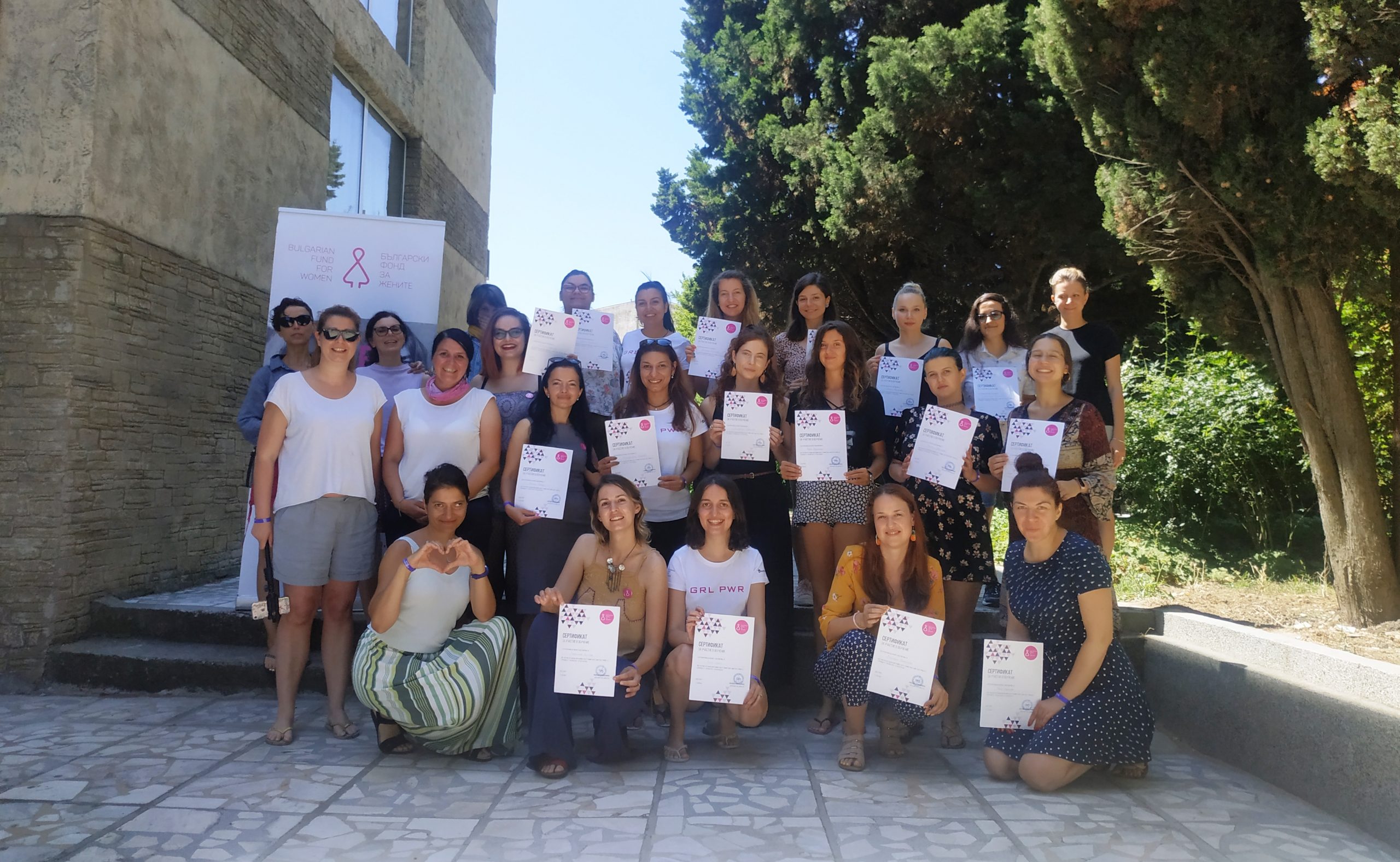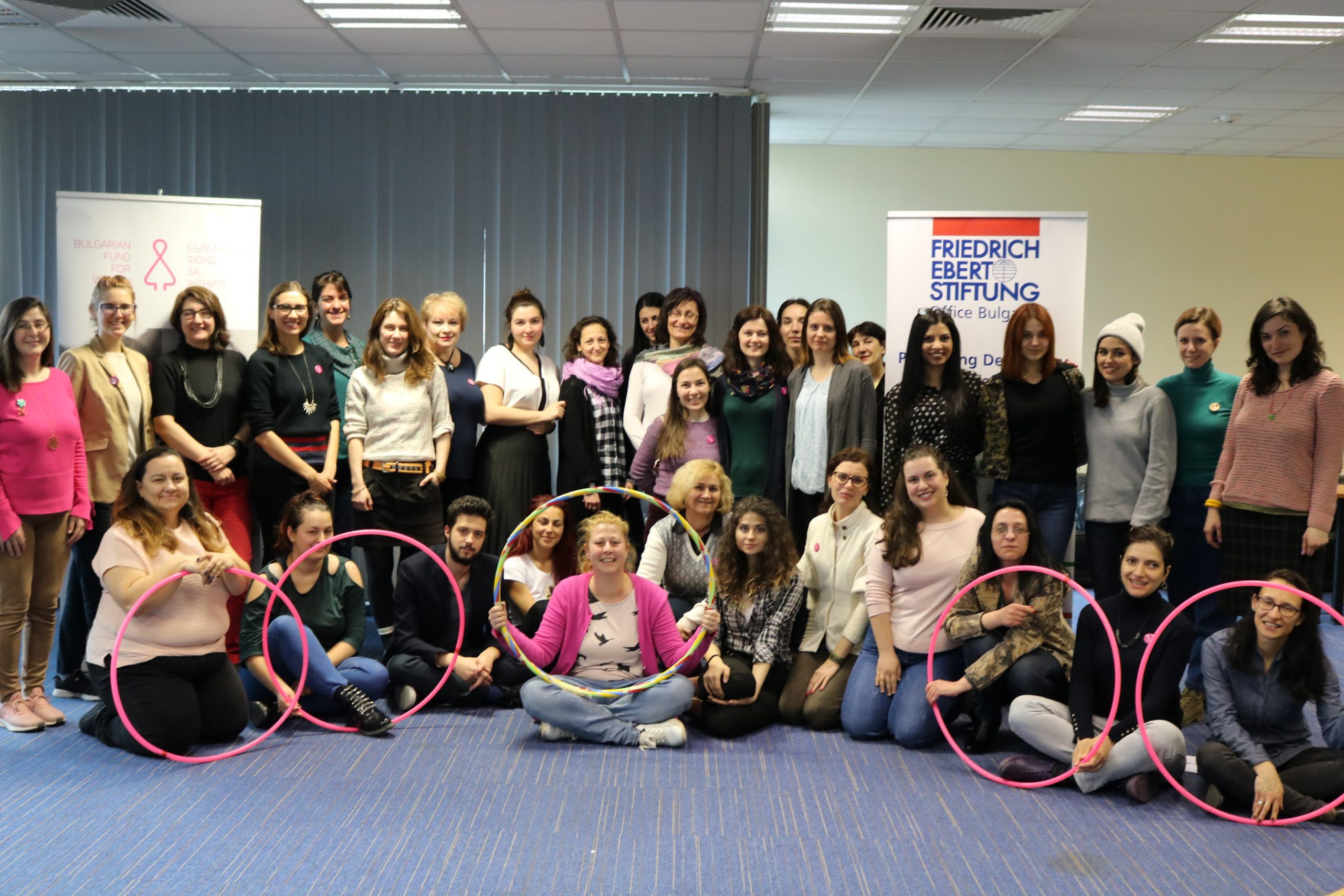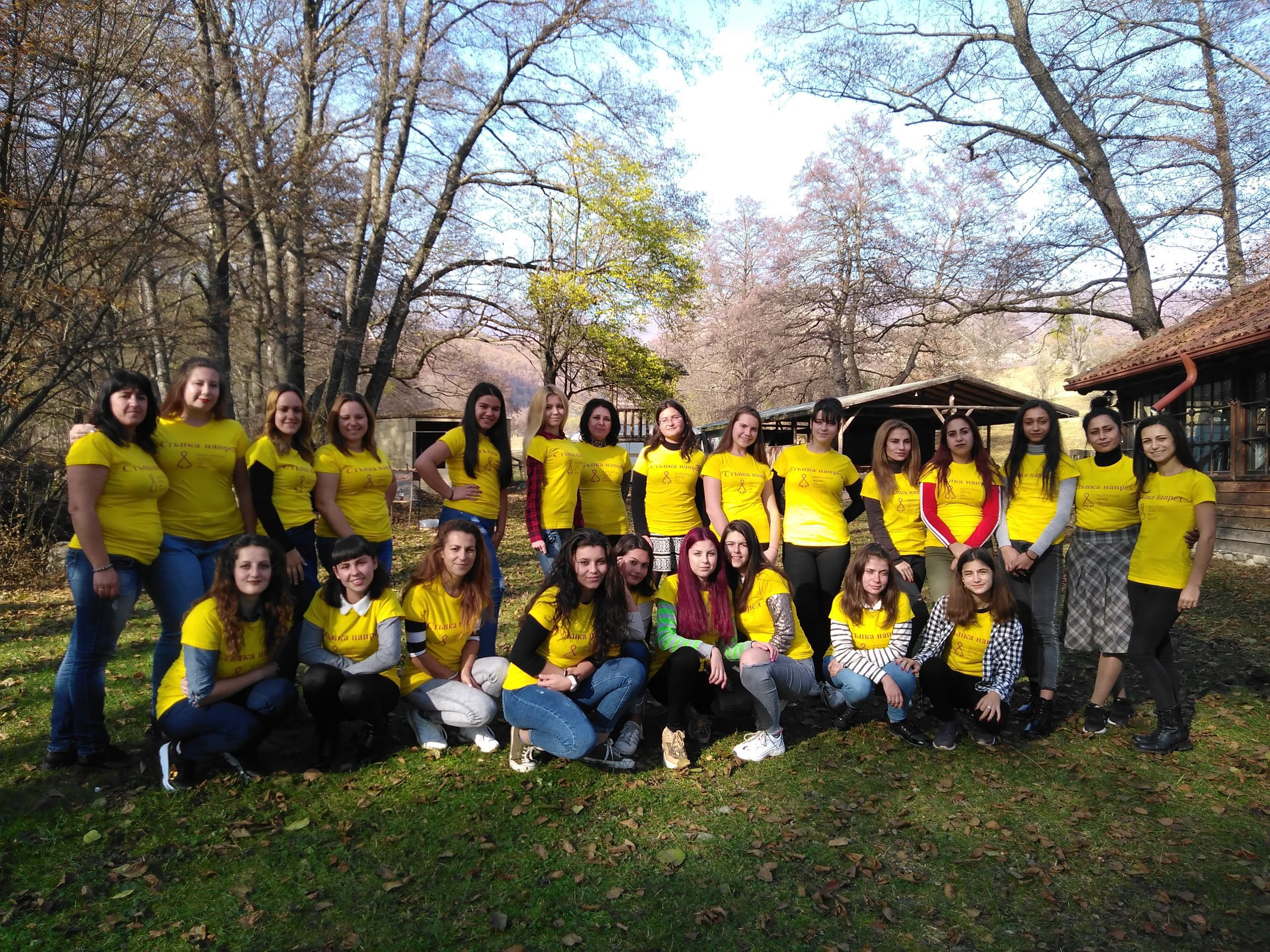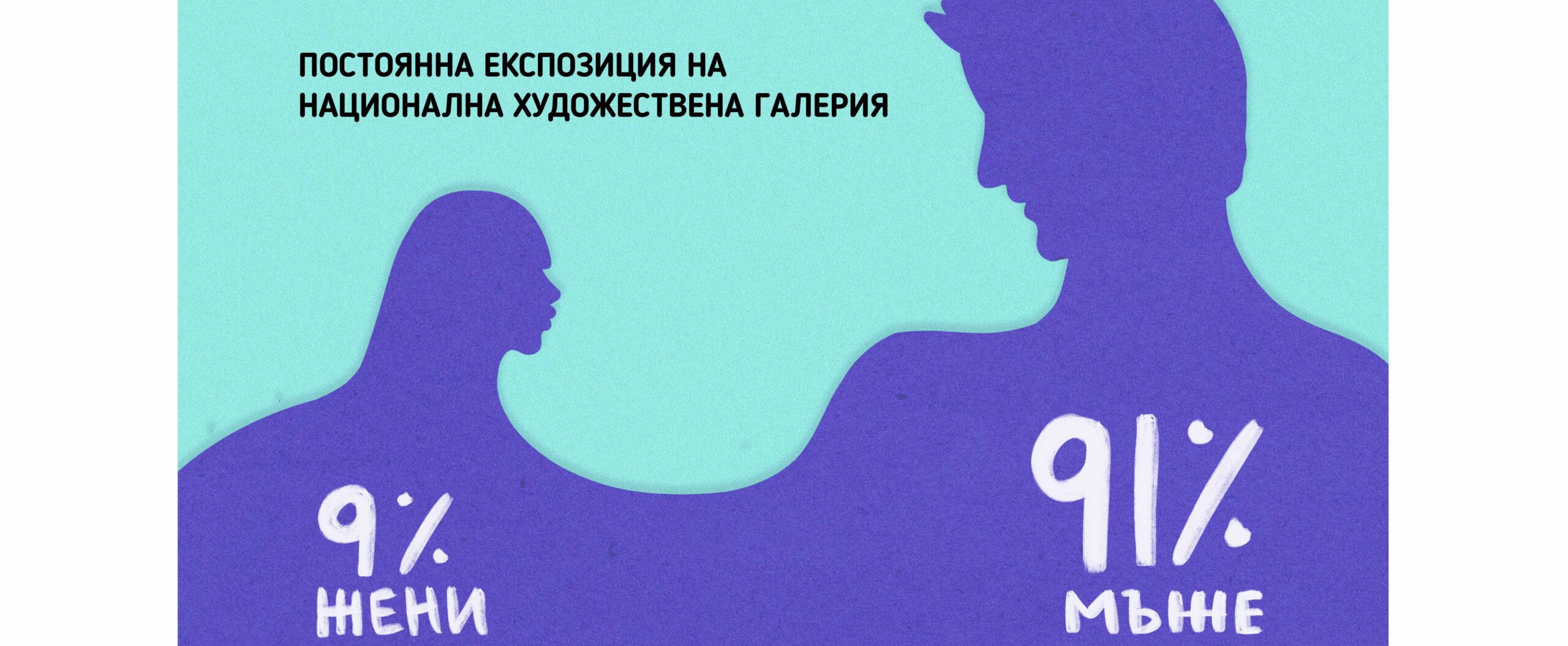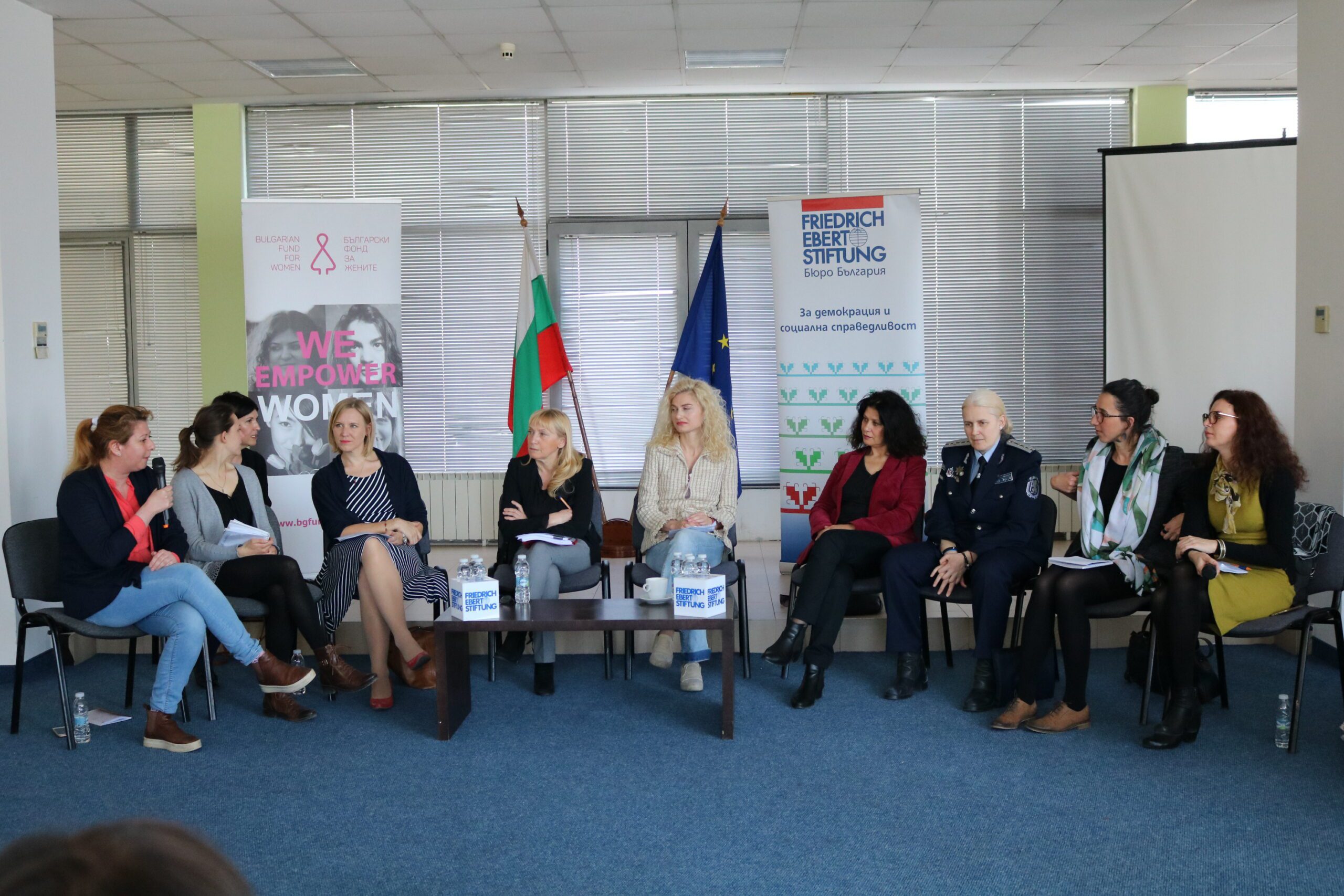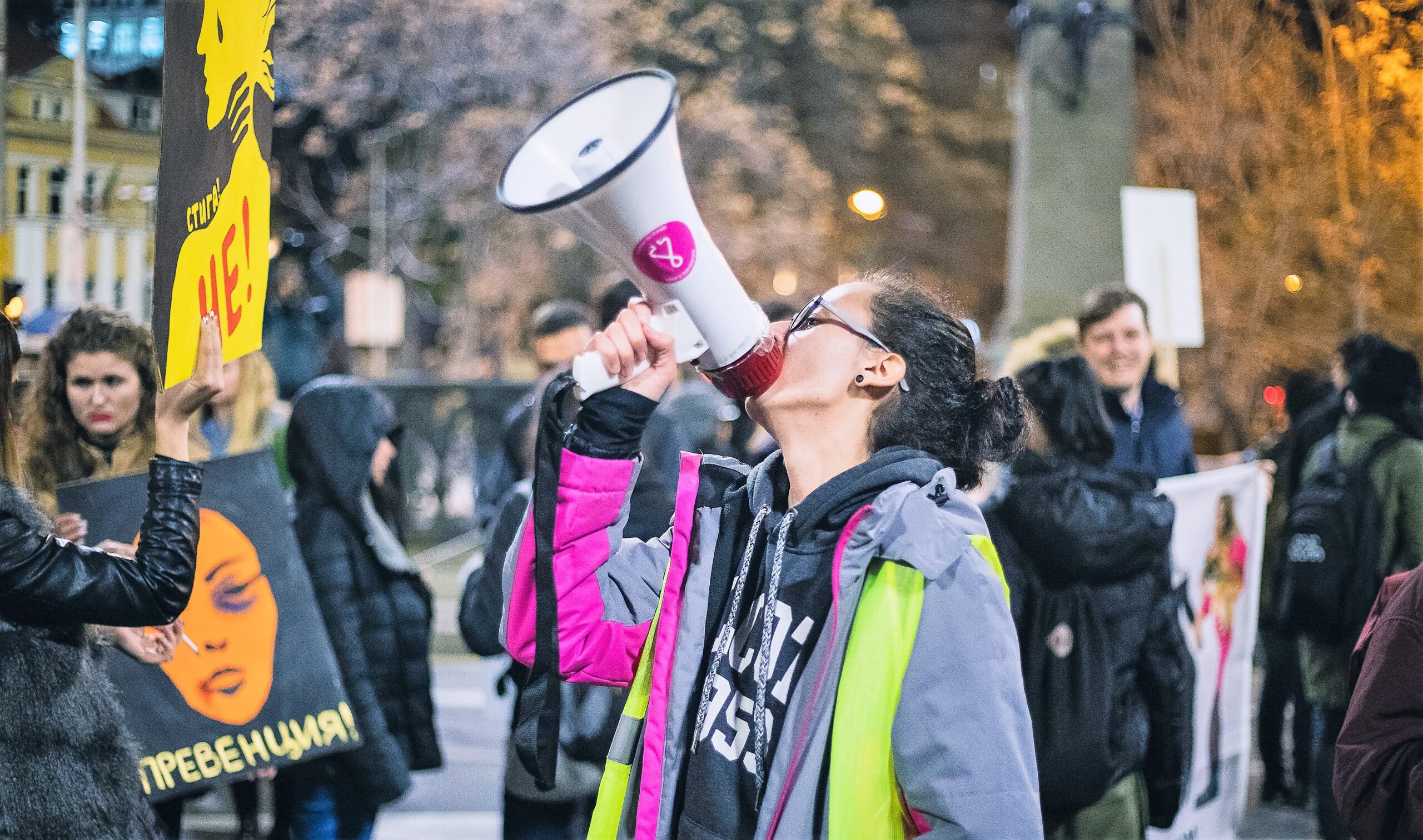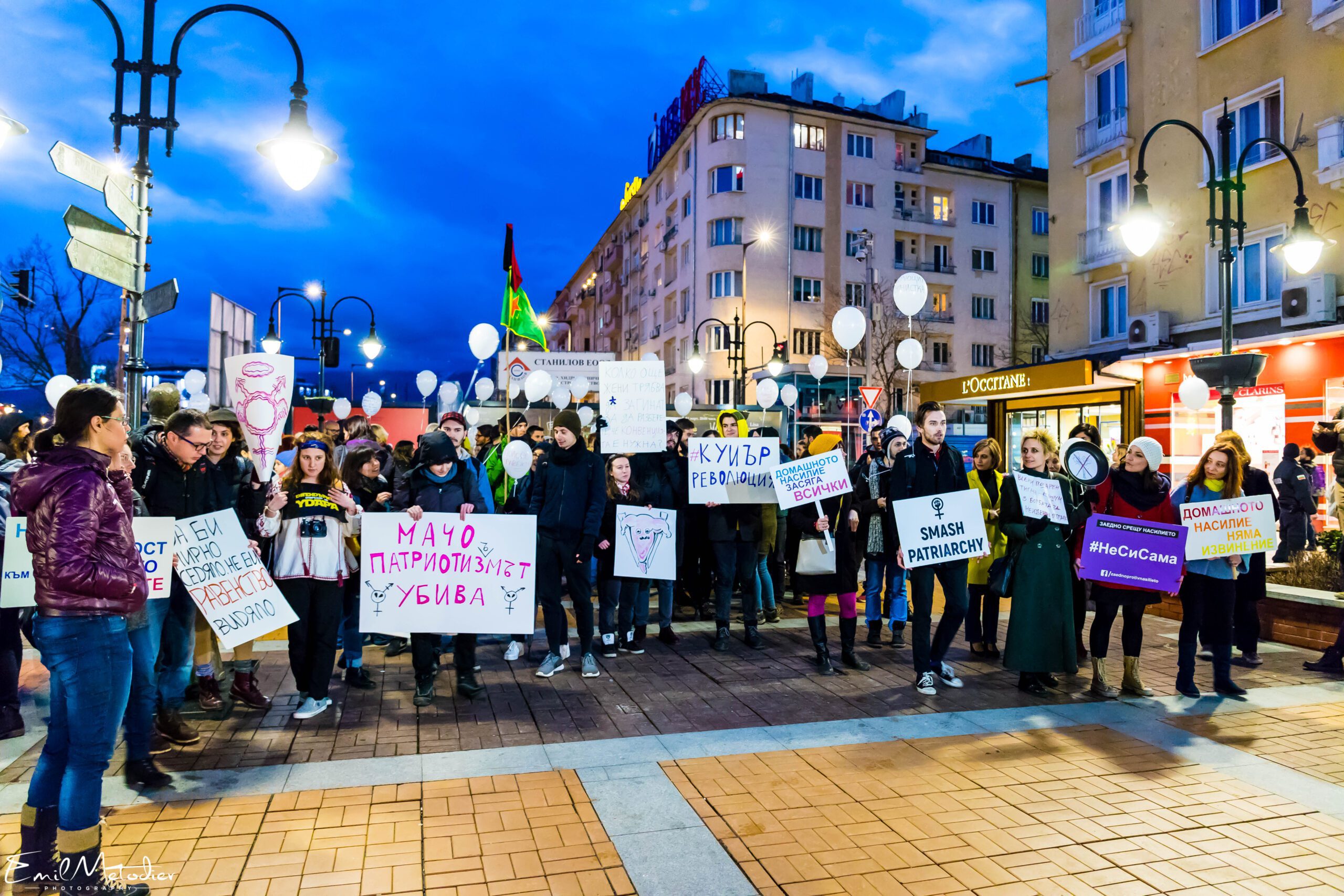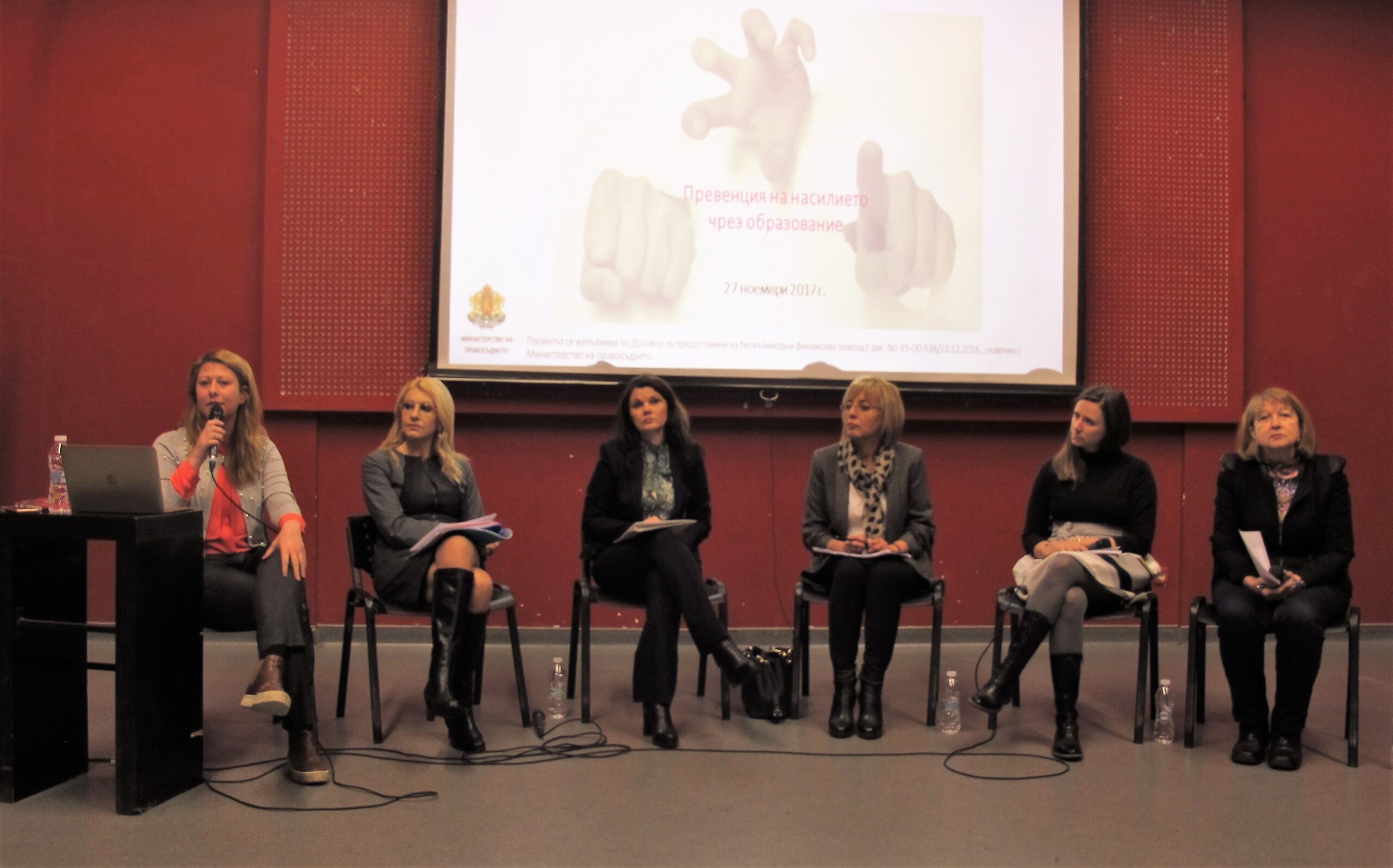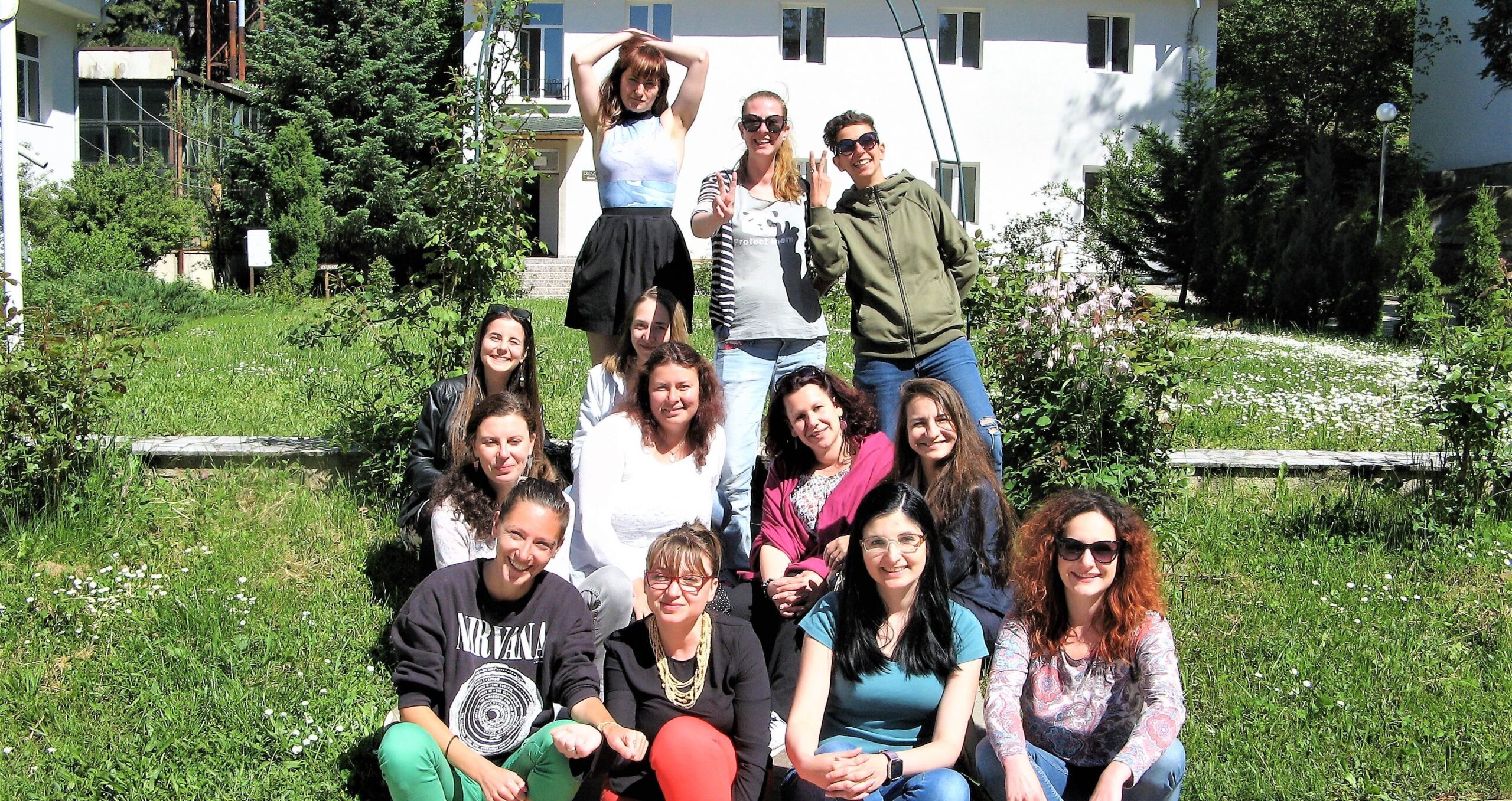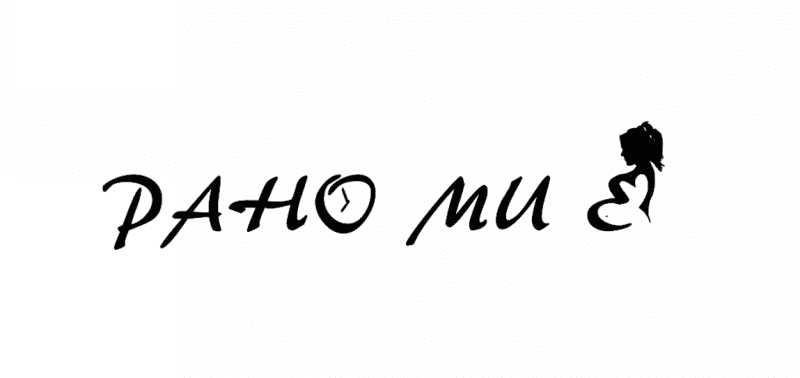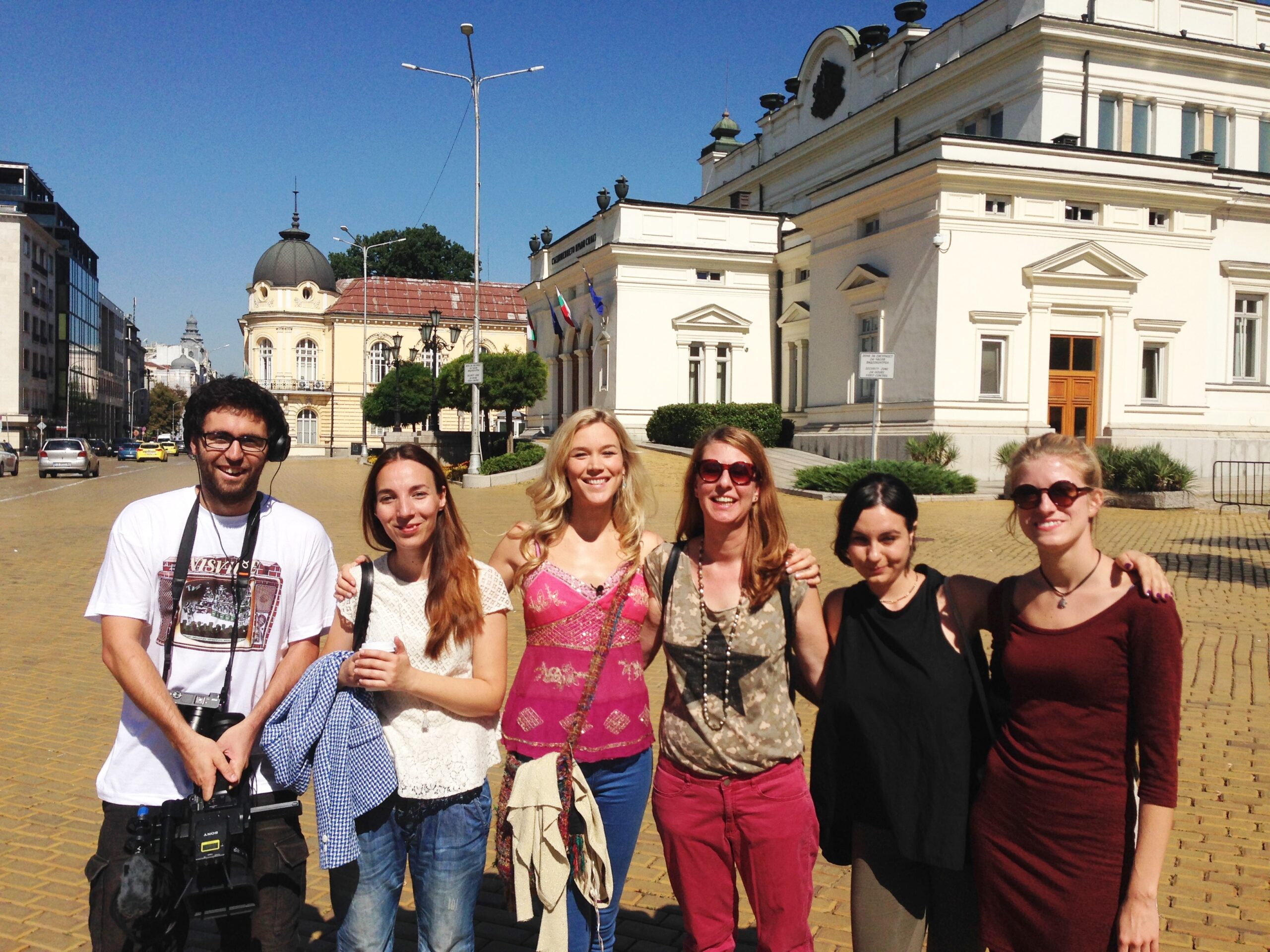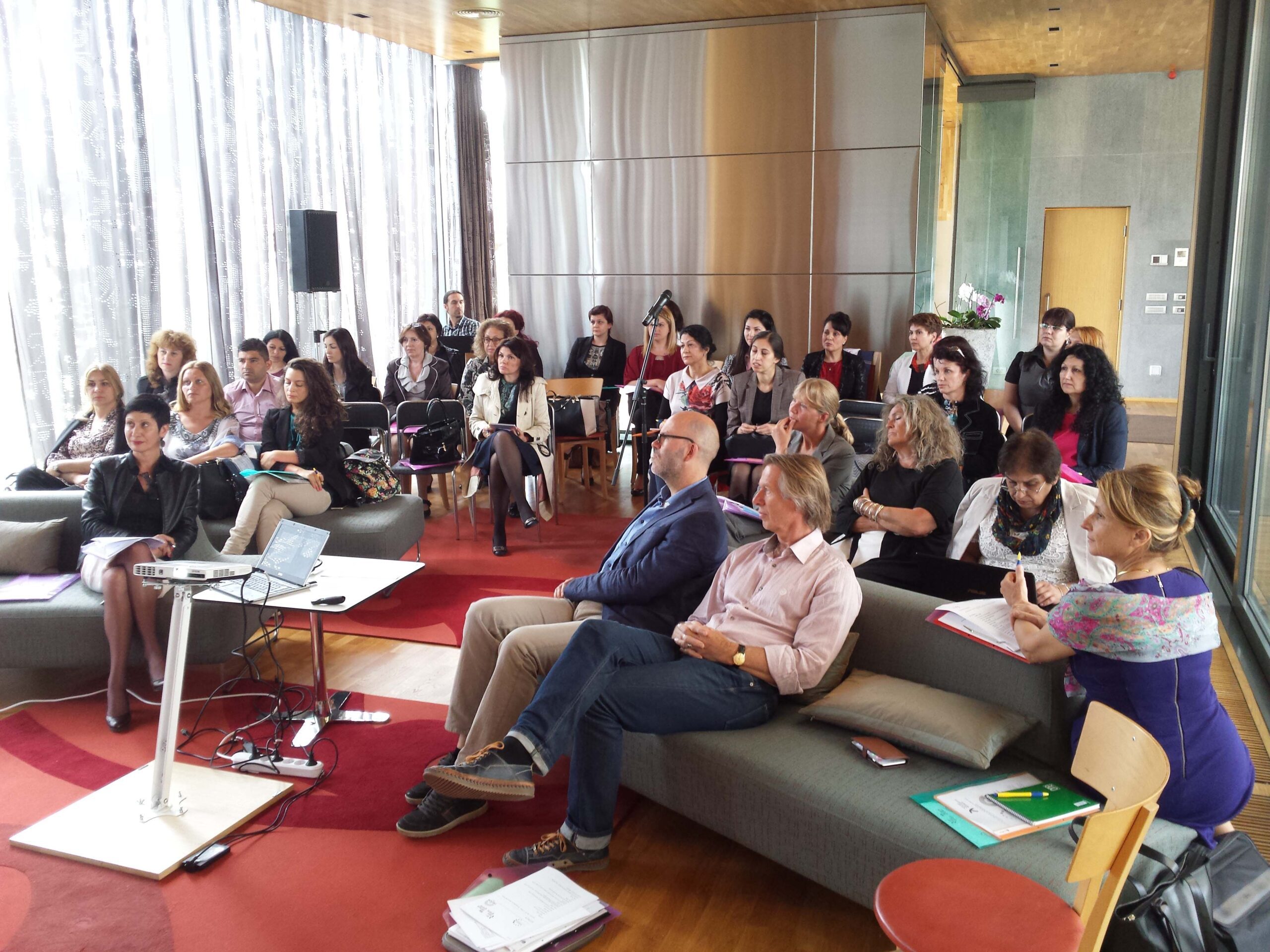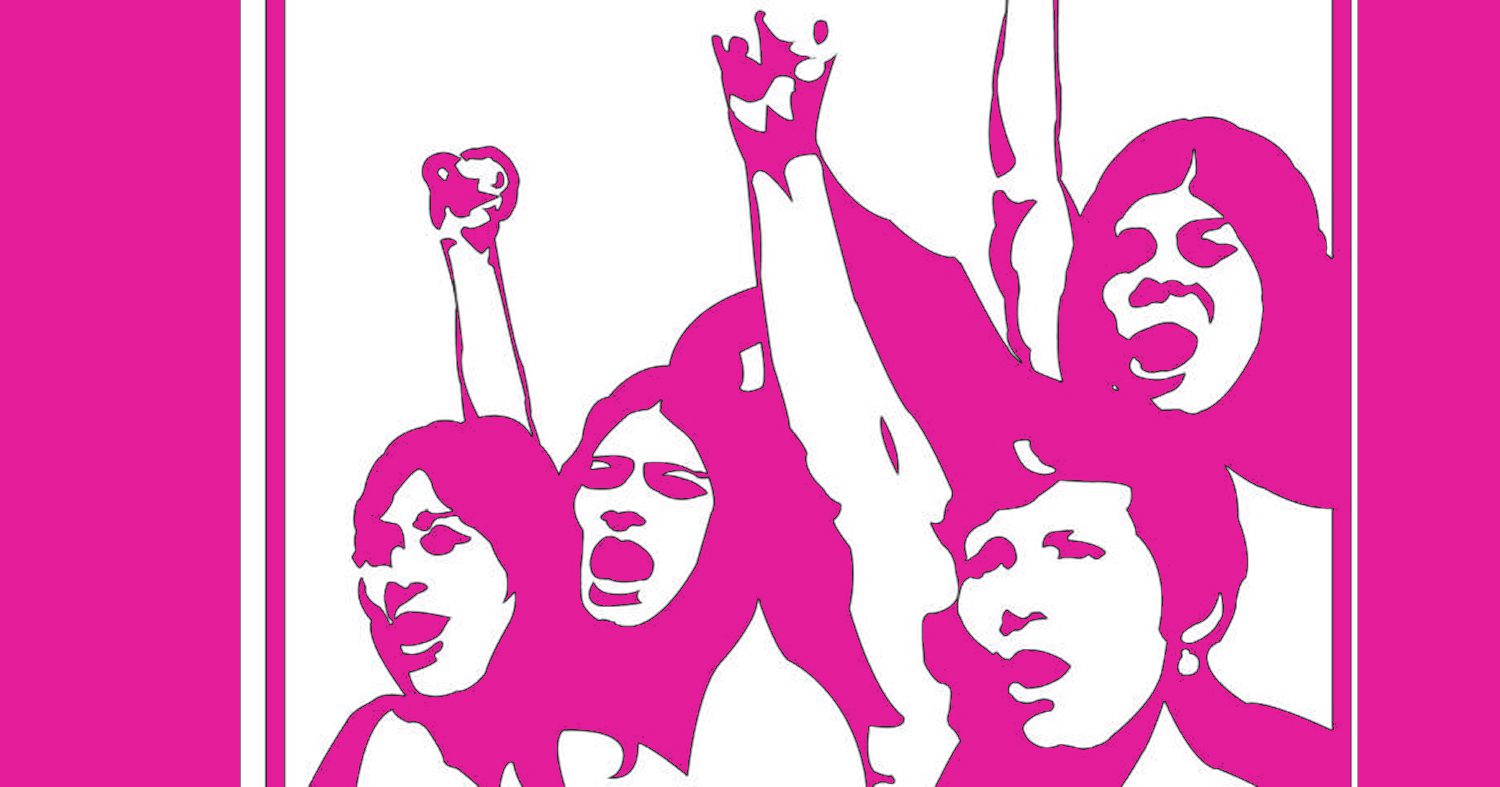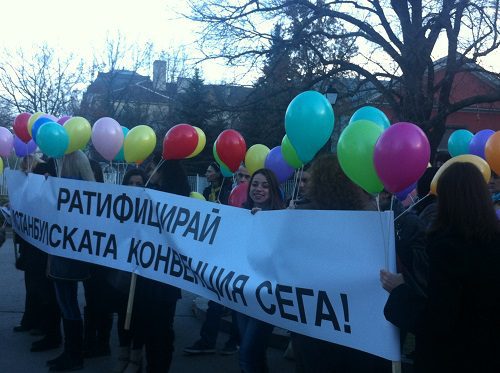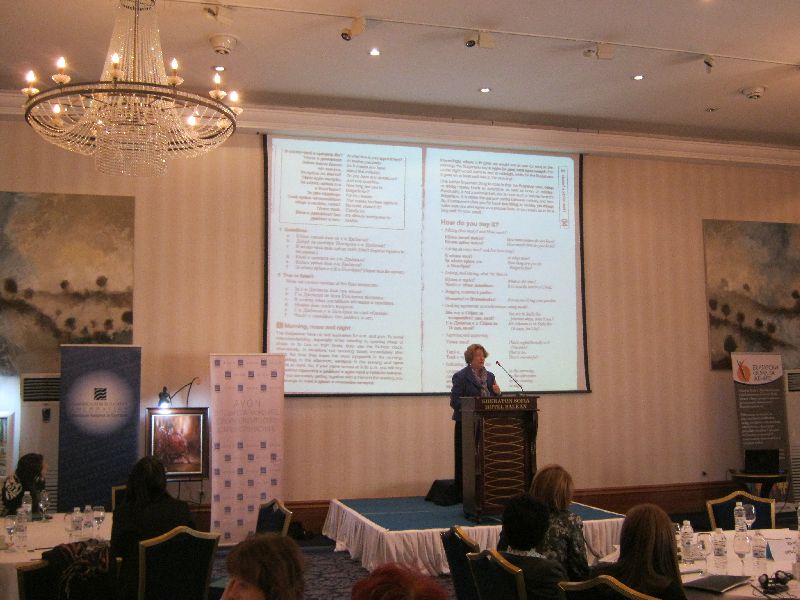attn’y Natasha Dobreva
Where are the crisis centres and gender training? These and other questions will be put to the Ministry of Justice (MoJ) on 4 March 2025 by the Council of Europe (CoE), an international governmental organisation.
On this date, the Bulgarian MoJ delegation must explain what measures it has taken to implement the damning judgments of the European Court of Human Rights (ECtHR) regarding two complaints by victims of domestic violence.
In the first case, the victim did not survive. The ECtHR condemned Bulgaria for failing to take preventive measures to protect her life, provide adequate safety measures, respond immediately to her complaints, and assess the risk she faced.
In the second case, the victim survived. The ECtHR ruled against Bulgaria for its failure to criminalise domestic violence between intimate partners, its refusal to investigate the victim’s report, and the broader systemic issue: domestic violence in Bulgaria disproportionately affects women, making it gender-based violence and a form of sex discrimination.
The first case was decided in 2022, and the second in 2023. Both are currently grouped together under joint monitoring to ensure implementation. The first hearing on their implementation is set for March 2025.
Even before the first hearing, the MoJ is pushing for the cases to be closed and the monitoring process terminated, arguing that all necessary measures were addressed with the amendments to the Protection from Domestic Violence Act (PDVA) in the summer of 2023.
Who Oversees Implementation, and What Power Do They Have?
The implementation of ECtHR decisions is monitored by the Committee of Ministers, a special body of the CoE. This political body consists of the Ministers of Foreign Affairs of all 46 CoE member states. Each country is represented by one minister, who has one vote. They meet in private, where each state must justify any delays or failures in implementing ECtHR decisions.
The Committee of Ministers can place cases under either ordinary or enhanced scrutiny. Under enhanced scrutiny, the state is required to provide updates between one and four times a year. The two Bulgarian domestic violence cases are under this stricter monitoring process.
NGOs, national institutions, and the complainants themselves have the right to submit reports to the Committee of Ministers, which serve as the basis for reviewing each case.
In cases that reveal systemic or structural problems—such as discrimination against women—the Committee requires proof of visible improvements, not just legislative changes. This includes national statistics or data on new complaints filed with the ECtHR.
Diplomatic Pressure, but No Material Sanctions
The Committee of Ministers can only apply diplomatic pressure. It may issue a formal statement acknowledging a state’s non-compliance or warn that compliance with ECtHR judgments is a fundamental condition for CoE membership.
As a last resort, a country that persistently refuses to comply with ECtHR rulings can be expelled from the CoE. Before expulsion, it may lose its right to participate and vote in the Committee of Ministers. Additional pressure can also come from organisations such as the European Union.
To date, only one country—Russia—has been expelled from the CoE, in 2022.
The Bulgarian Fund for Women’s (BFW) Position
As part of this monitoring process, the Bulgarian Fund for Women (BFW) submitted an opinion on the implementation of the two domestic violence cases against Bulgaria. These cases provide a crucial opportunity to pressure the Bulgarian government and parliament to take meaningful action.
By comparison, the government has shown outright resistance to reform in other areas where systemic problems have been identified, such as:
- The registration of associations of ethnic Macedonians,
- The monopoly of the Bulgarian Orthodox Church – Bulgarian Patriarchate,
- The legal recognition of transgender individuals.
Despite the importance of these cases, no organisation had submitted a report on their progress in the last two years. Meanwhile, at the very first meeting of the Committee of Ministers, the MoJ requested the closure of the cases and termination of monitoring. BFW argues that this must not be allowed to happen.
To support its argument, BFW has compiled data from organisations such as the P.U.L.S. Foundation, the Bulgarian Helsinki Committee, and the Animus Association Foundation, as well as publicly available data from the National Statistical Institute, the Ministry of the Interior, and the Prosecutor’s Office of the Republic of Bulgaria.
BFW’s analysis demonstrates that the ECtHR’s rulings have not been implemented. Key findings include:
- The number of domestic violence victims is increasing rather than decreasing.
- The vast majority of victims continue to be women.
- There has been no increase in the number of crisis centres.
- No meaningful measures have been taken to change societal attitudes regarding the subordinate role of women in families and society.
- Gender equality education has not been introduced in schools or preschools.
Data from the Animus Association Foundation shows an increasing number of domestic violence victims seeking support:
- 2023: 2,821 total calls (2,308 women, 504 men)
- 2022: 2,394 total calls (1,974 women, 393 men)
- 2021: 2,289 total calls (1,840 women, 449 men)
Similarly, the P.U.L.S. Foundation reported:
- 2023: 439 clients (267 women, 35 men)
- 2022: 359 clients (268 women, 43 men)
- 2021: 339 clients (261 women, 30 men)
Official statistics from the Prosecutor’s Office confirm the trend:
- 2023: 2,211 total victims (1,971 women, 240 men)
- 2022: 1,193 total victims (1,037 women, 156 men)
For the first time, in January 2024, the Ministry of the Interior introduced national police statistics on domestic violence cases, revealing:
- 5,252 protection orders were issued, of which 4,199 were for women and 616 for men.
These figures confirm that domestic violence in Bulgaria is overwhelmingly gender-based, as the ECtHR ruled.
BFW emphasised that the Bulgarian government must work to change societal attitudes that reinforce gender inequality. The ECtHR rulings require Bulgaria to eliminate cultural norms and traditions that promote the inferiority of women.
This includes:
- Reviewing school textbooks, curricula, and teaching methods to remove gender stereotypes.
- Introducing lessons on gender equality and the impact of gender-based violence.
- Challenging societal norms that sustain discrimination and domestic violence.
On 13 February 2025, the MoJ issued a public response to BFW’s submission, which, along with BFW’s statement, was published on the Committee of Ministers’ official website.
The MoJ acknowledged that Bulgaria’s Protection from Domestic Violence Act (PDVA) now includes a provision for gender equality training in schools, effective 1 January 2024. However, it failed to provide any examples of actual training programs implemented so far.
More concerningly, the MoJ denied that gender inequality is the root cause of domestic violence in Bulgaria. Instead, it claimed that domestic violence is primarily caused by socioeconomic instability stemming from the country’s transition after 1989.
The Ministry further suggested that the apparent gender imbalance in domestic violence statistics may result from underreporting by male victims due to social stigma.

